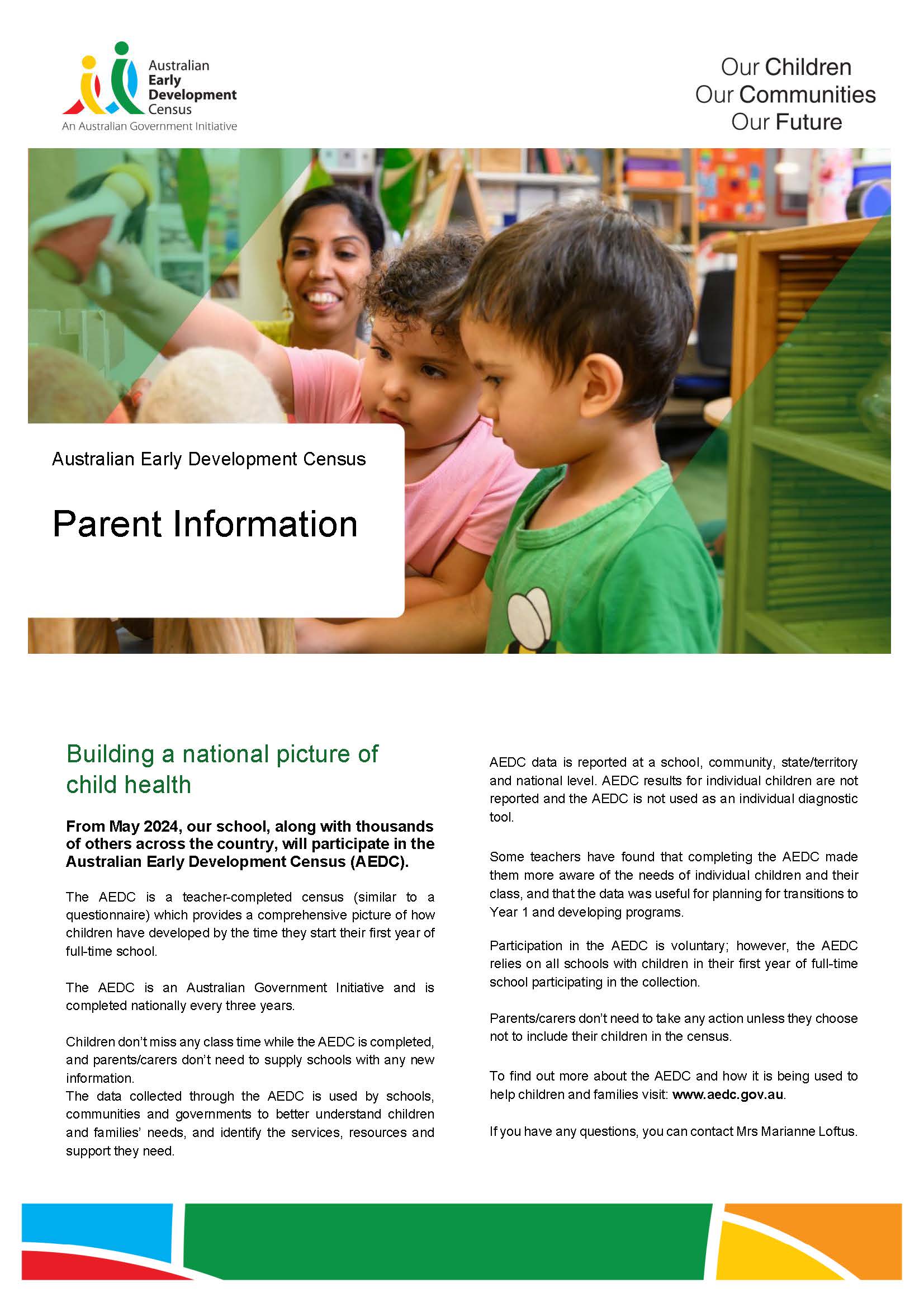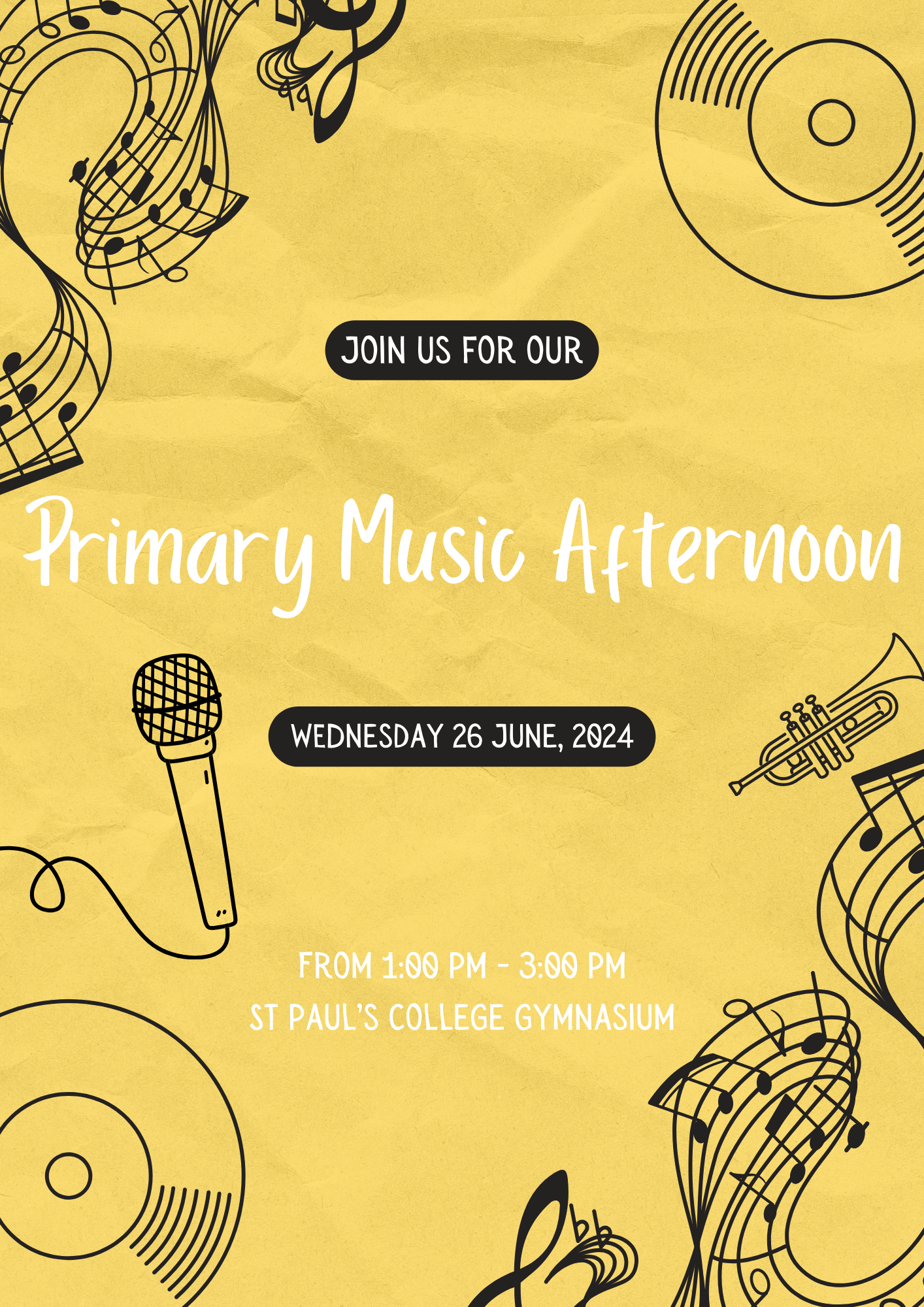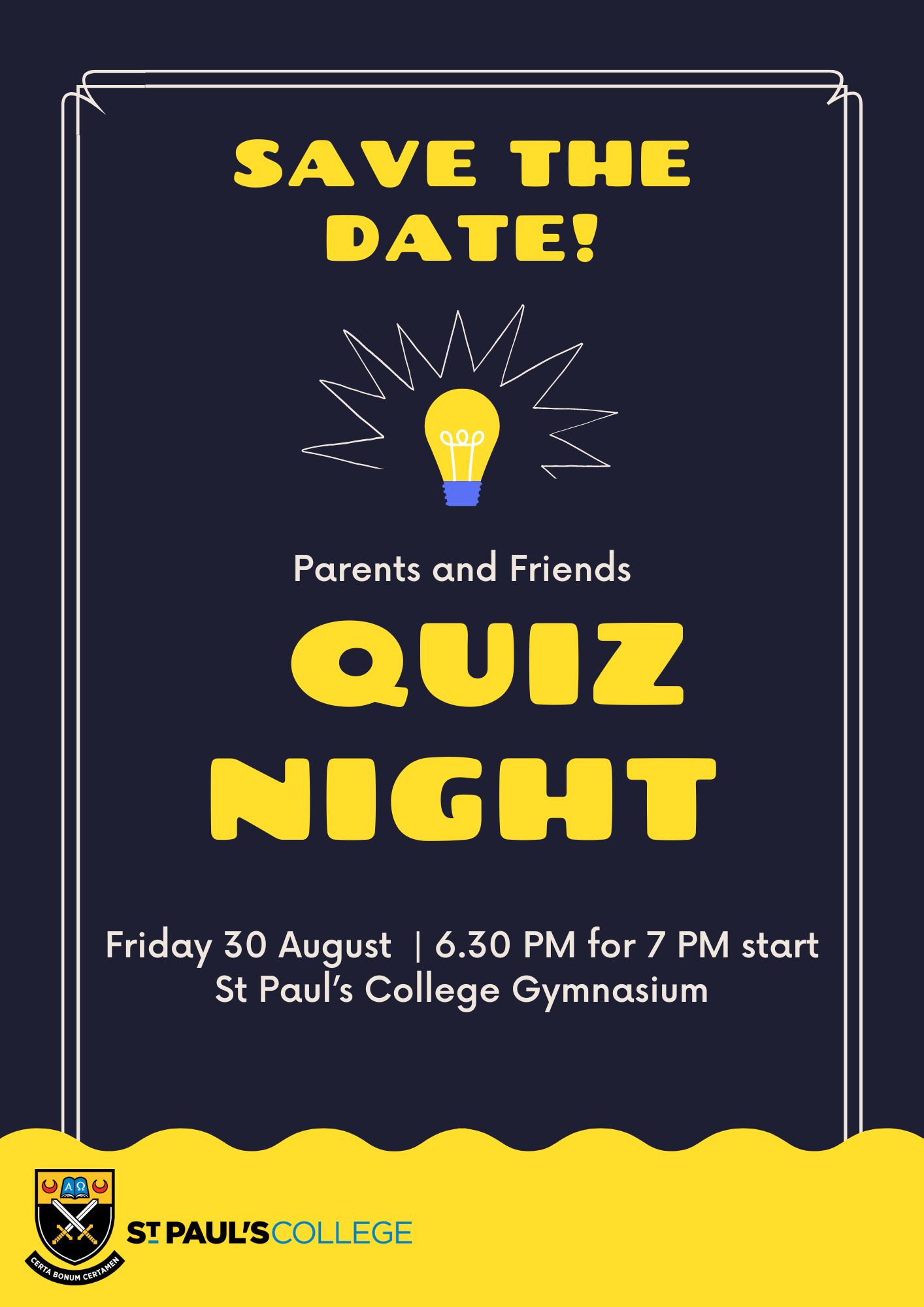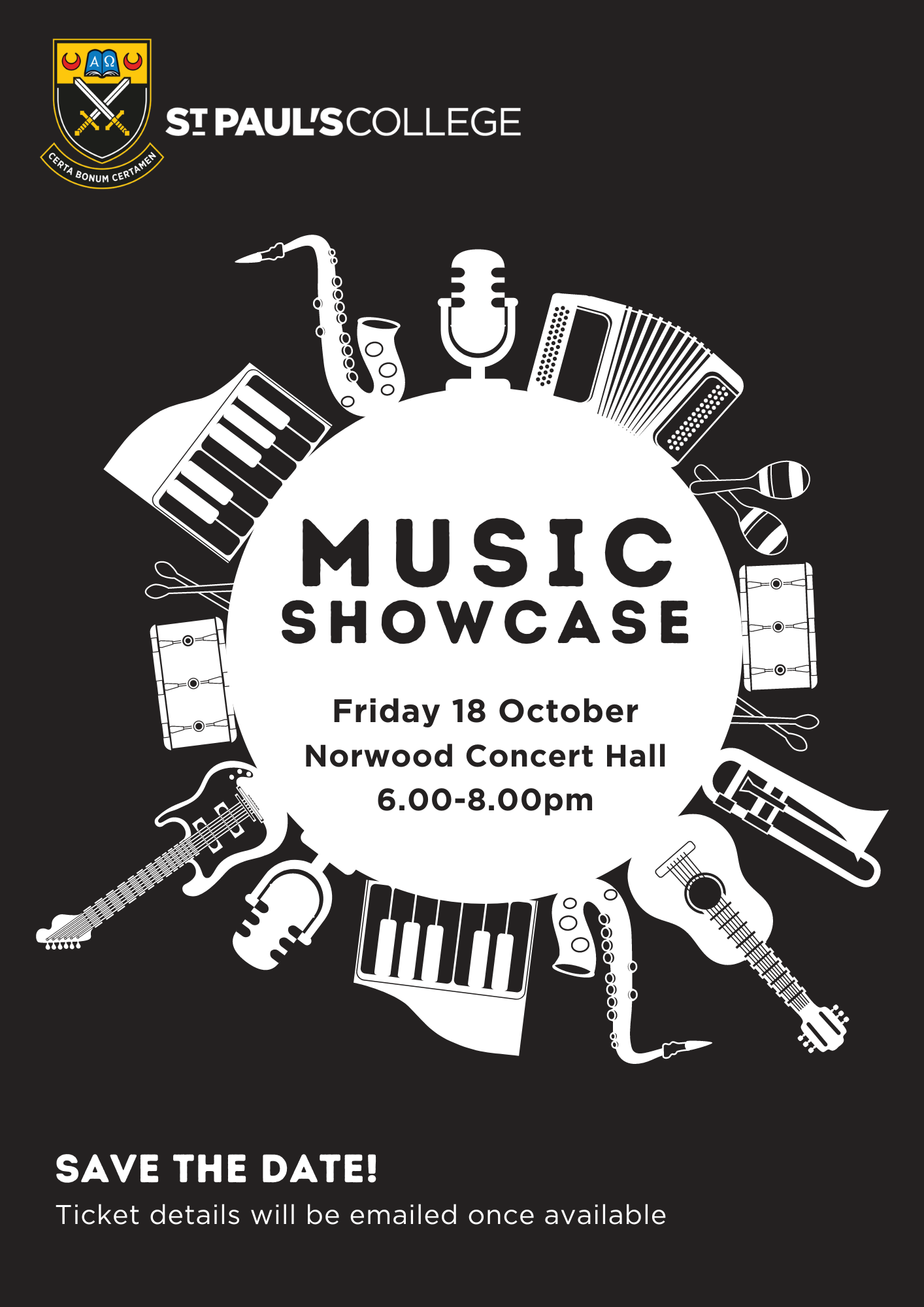
Dear Families,
Here we are just over halfway through the term! A reminder that this Friday 7 June, is a Pupil Free Day. The students are very excited to be having a 4-day weekend. Whilst they have an extra day for their long weekend, our Primary Years staff will be led by Anita Schneyder from Teams On Purpose. The Key Intent for the day is to “build a positive team culture and create an aligned, cohesive Primary Years Team”. We look forward to learning together, understanding our “Why” and sharing our values as we continue our collaborative practice journey.
Student safety at St Paul’s College is our highest priority and the safe and appropriate supervision of students is an important element of our duty of care. Part of this duty is ensuring parents and students are aware of our student supervision arrangements before and after school.
- Before school: Primary Years grounds are supervised from 8.20 am.
- After school: Primary Years grounds are supervised until 3.30 pm.
Outside these times, Primary Years students on college grounds will not be supervised (unless they are attending OSHC or a supervised co-curricular activity). Parents/carers are requested to ensure that students do not attend school outside of these supervised times. Families are encouraged to contact Extend Out of School Hours Care for more information about the before and after school care facilities available to our college community.
Regarding concerns around children’s behaviour, I ask that you contact your child’s teacher as the first port of call if you have any questions about your child that need addressing. Your child’s teacher has all the relevant information to quickly resolve a situation or provide the correct information.
If you require further clarification around any issue, please contact Student Services to speak with a member of our Primary Years Leadership Staff:
- Teaching and Learning concerns – Nadia Morris
- Wellbeing/Behaviour concerns – Samantha Hankes
- Inclusive Education concerns – Victoria Romeo
- Religious Education concerns – Miranda McGlaughlin
If all these steps have been taken and you require further information, feel welcome to make a time to speak with me via Student Services in our Primary Years. Please note that teachers are unable to communicate with parents during school hours as they are face to face with the children in their care and they also attend regular meetings after school. Therefore, it is reasonable to expect there may be a minimum of a 24 hour turn around for communication from any staff member given the busyness of a school day. Thank you for your understanding and support with this.
Enjoy your long weekend and hopefully you get to share some family time together.
Until next fortnight.
Marianne Loftus - Head of Primary Years
Reading
Our commitment to using evidence-based research in the teaching of Reading was highlighted in the Week 2 Newsletter. At St Paul’s our vision is to ensure that all students in our community are confident, capable, fluent, and reflective readers. Students in the primary school are involved in a high-quality Literacy program that focuses on the five components of reading: phonemic awareness, phonics, fluency, comprehension vocabulary, and oral language. But what does all this mean? Over the next few issues, each area will be defined and accompanied by some suggested activities you can do at home.
Phonemic Awareness is the ability to identify and manipulate the individual speech sounds in words called phonemes (Australian Research Organisation). For example, the word cat has three phonemes you can hear, k/a/t. The word shop has four letters but has three phonemes you can hear, sh/o/p.
The English language has 44 different speech sounds:
- 19 consonants: b, d, f, g, h, j, k, l, m, n, p, r, s, t, v, w, y, z
- 7 digraphs: th, sh, ch, wh, ng, ck, ph
- 5 'r-controlled' sounds: ar, er, ir, or, ur
- 5 long vowels: a, e, i, o, u
- 5 short vowels: a, e, i, o, u
More information about phonemes can be found here.
Activity ideas:
- Play rhyming games with your child
- Ask them what sounds they can hear at the beginning, middle and end of a word
- Change one sound in a word and pass it to the next person; for example - cot, cat, cap, map, man
- Sort pictures or objects into groups that start with the same initial sound
New Nature Play
The new nature play area has been busy over the past few weeks with students working together and using their imaginations to make cake shops, ice cream parlours and 5 star restuarants. To support this new popular play area, we are looking for donations of old cooking utensils, pots and pans and baking trays.
If you are wanting to clear out your kitchen please bring any unwanted items that the students can use to the front office.
Nadia Morris - Head of Teaching and Learning- Primary Years


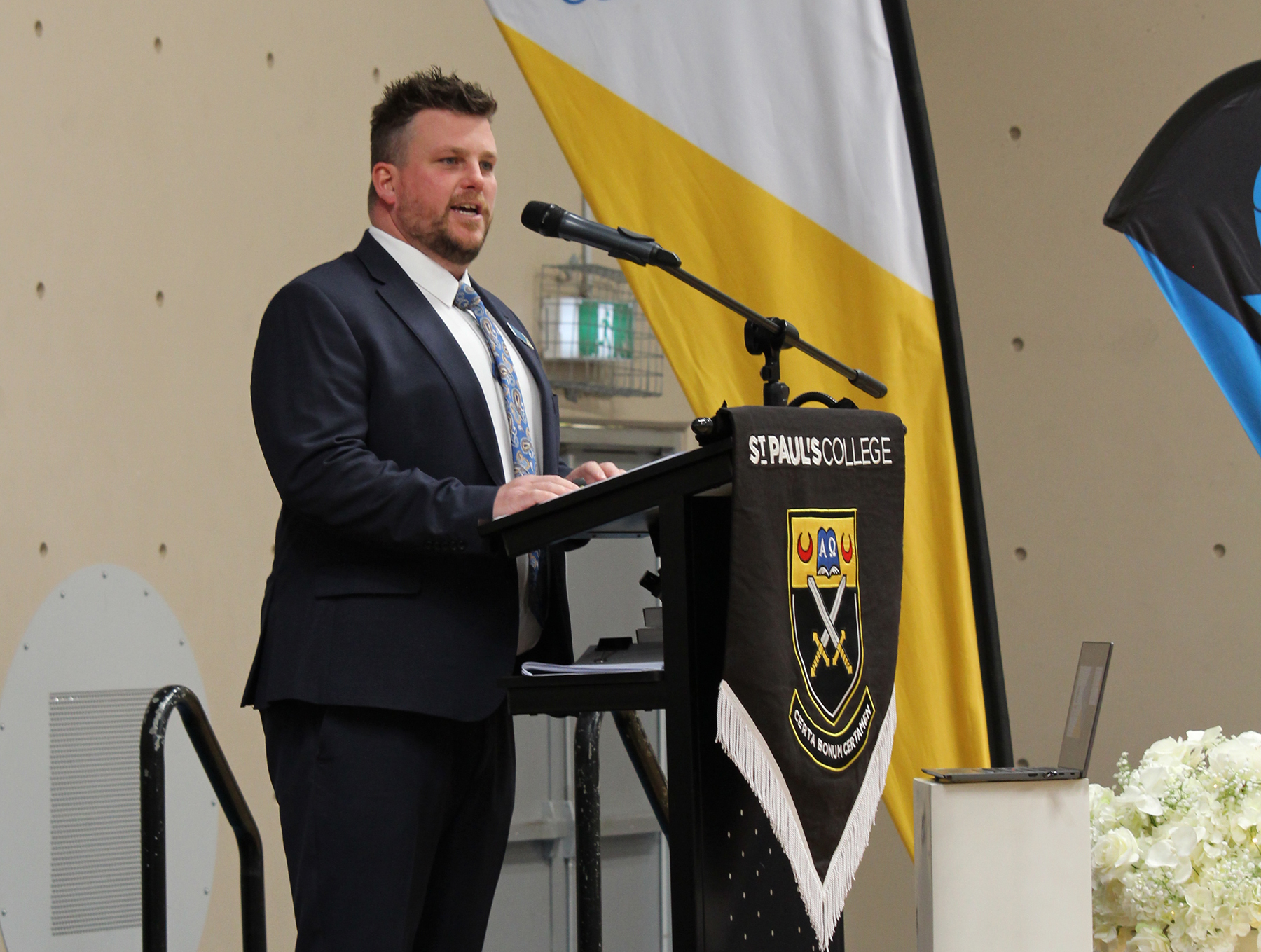
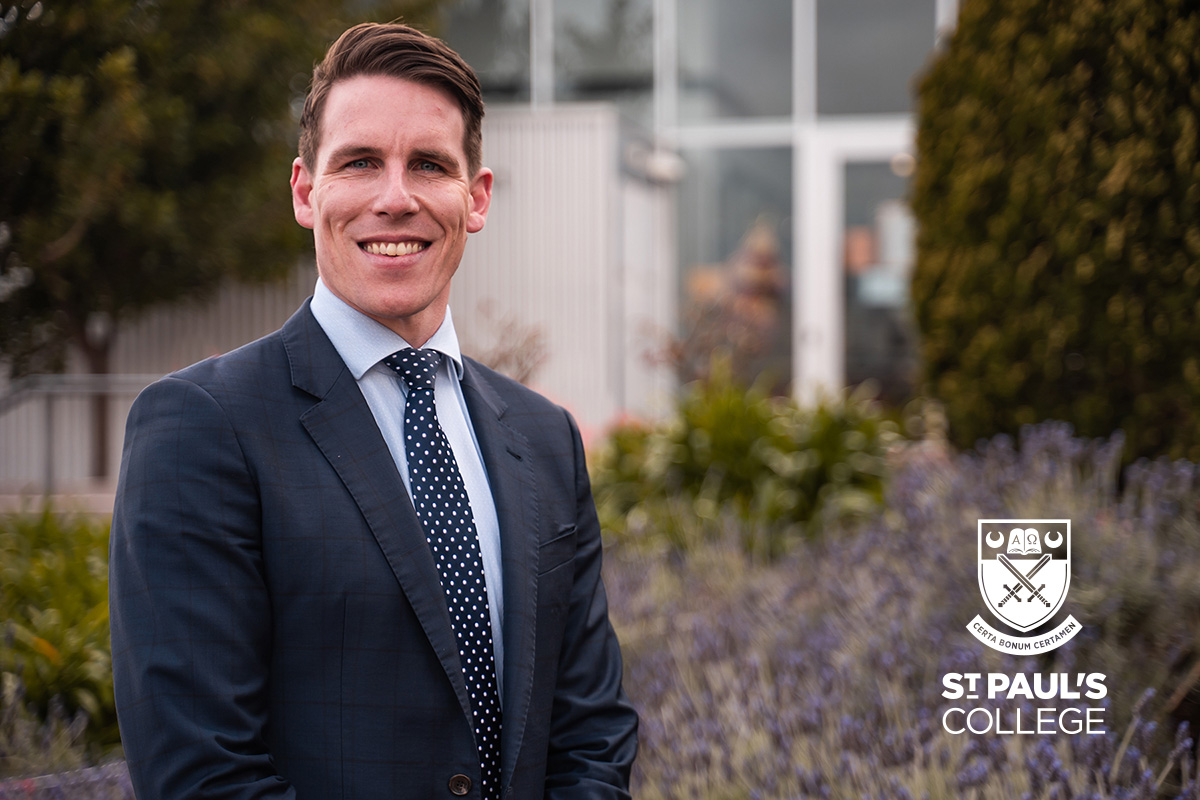

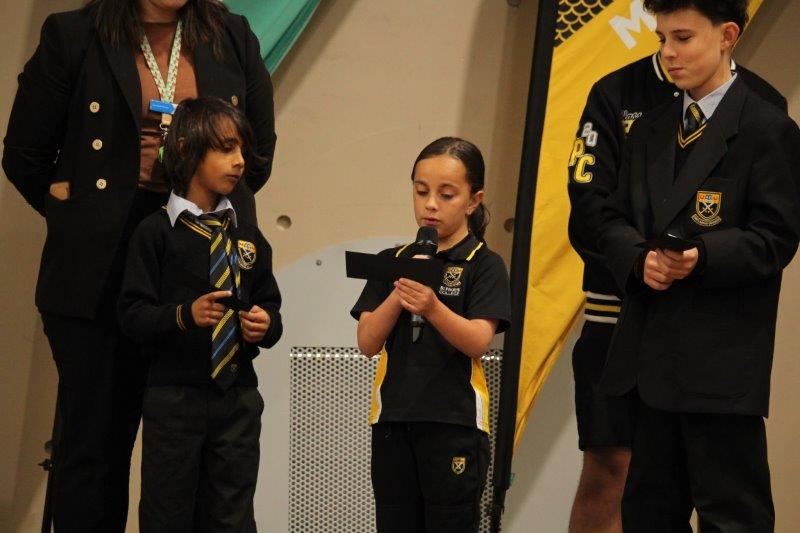
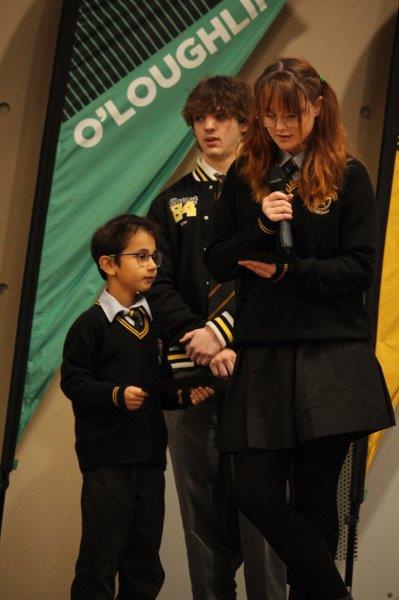
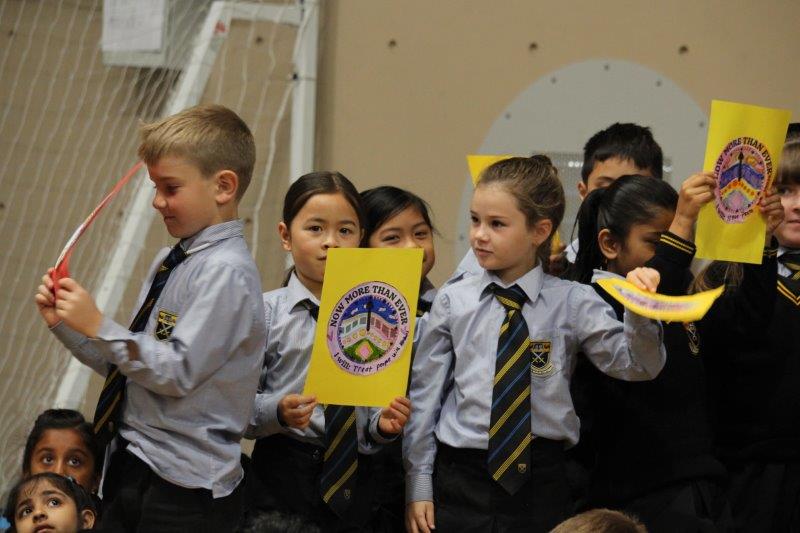

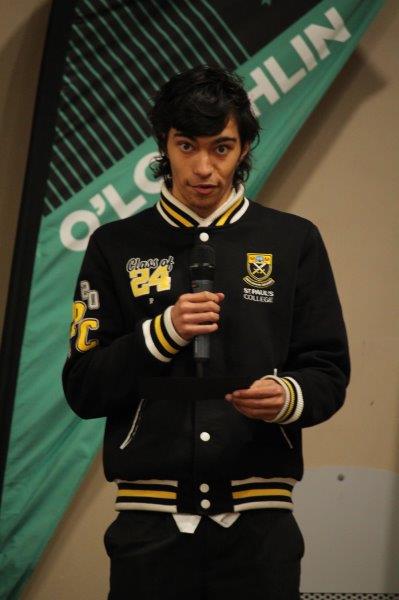
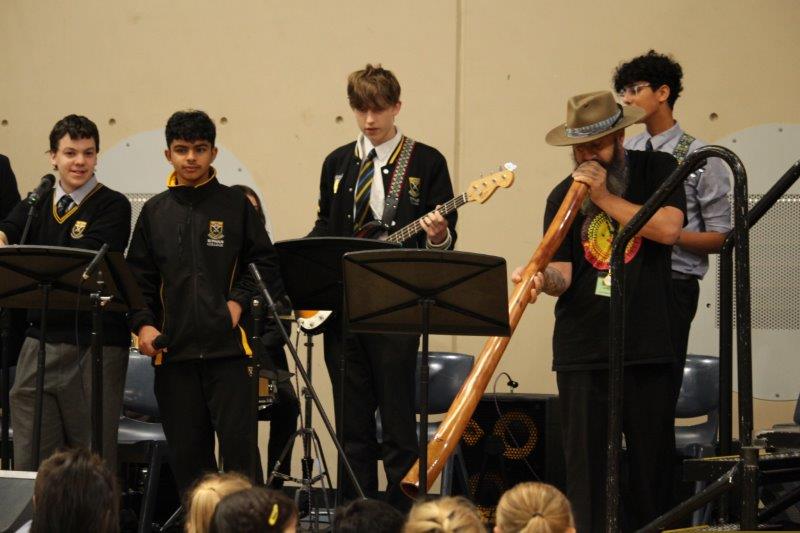
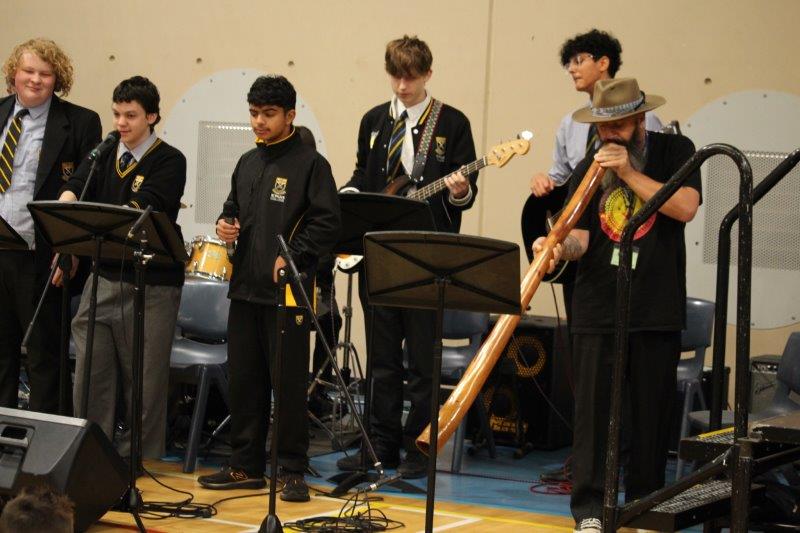
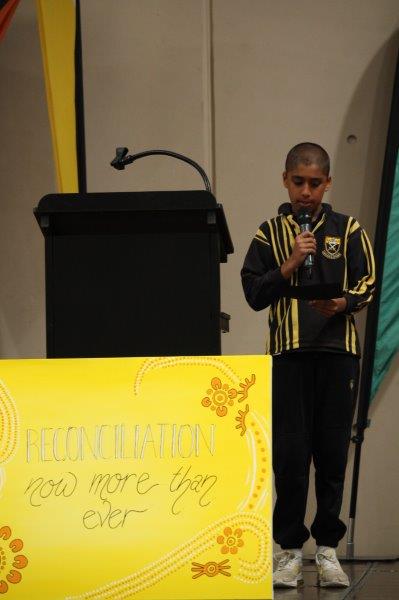
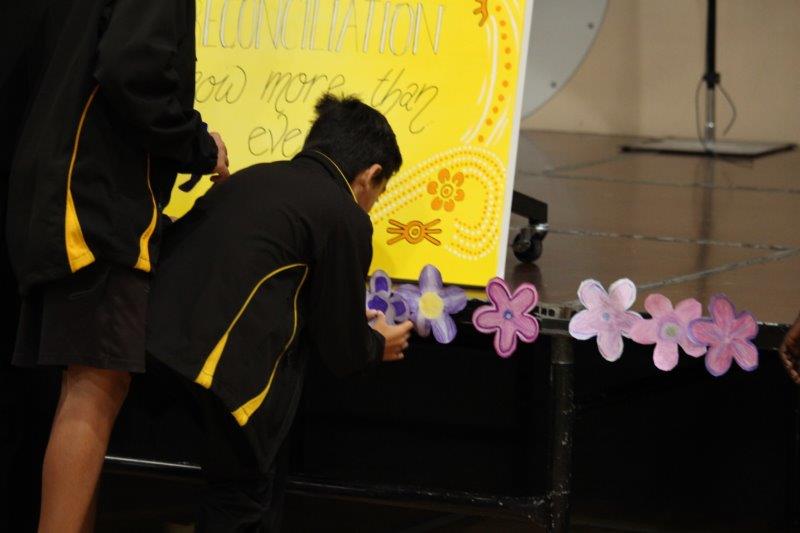
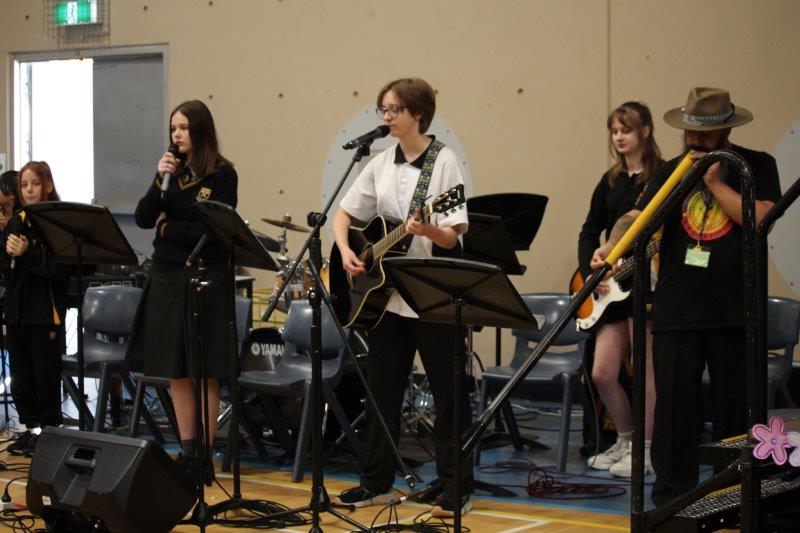
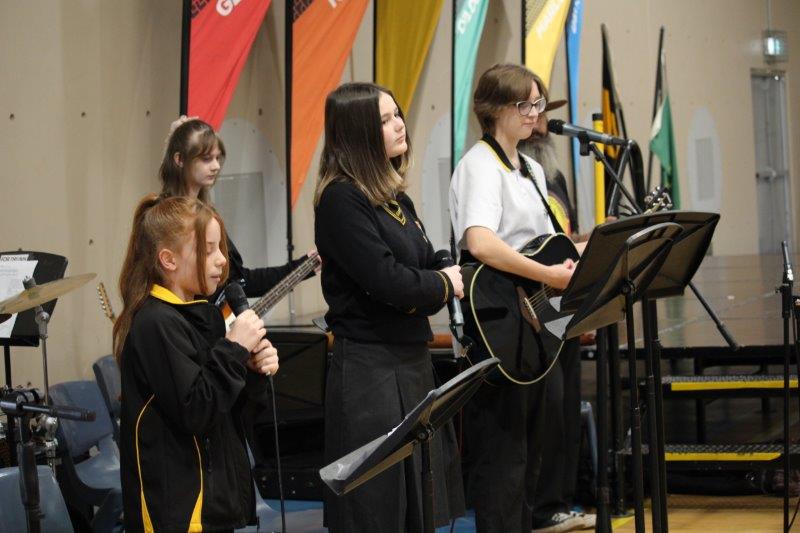
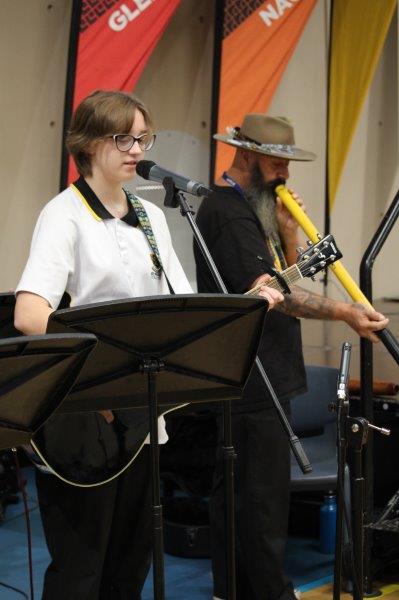
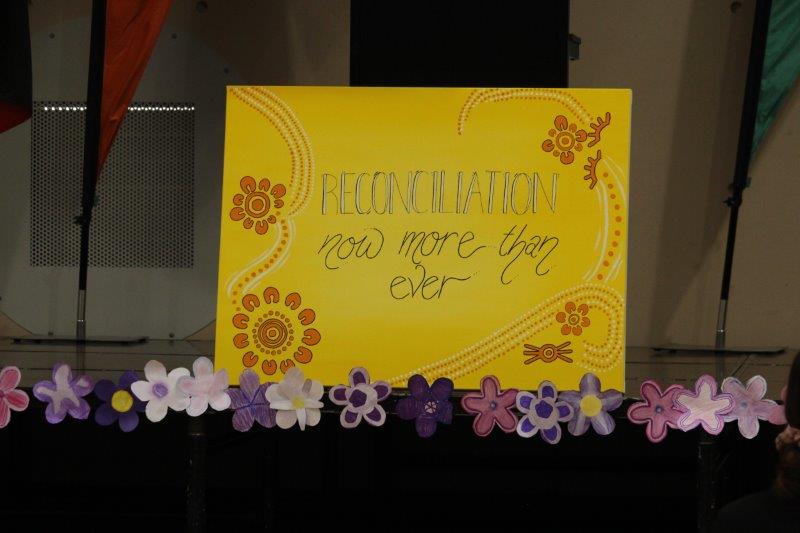
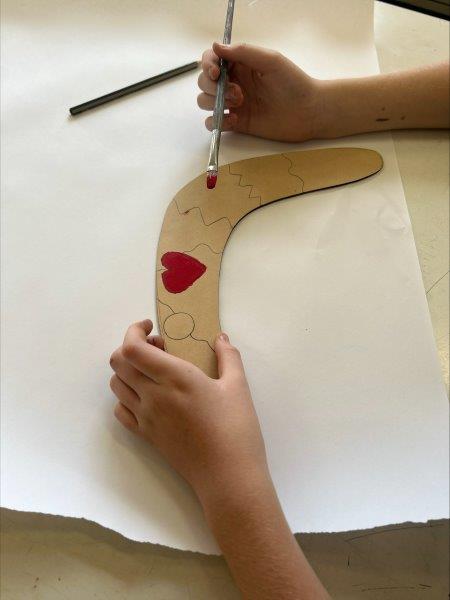
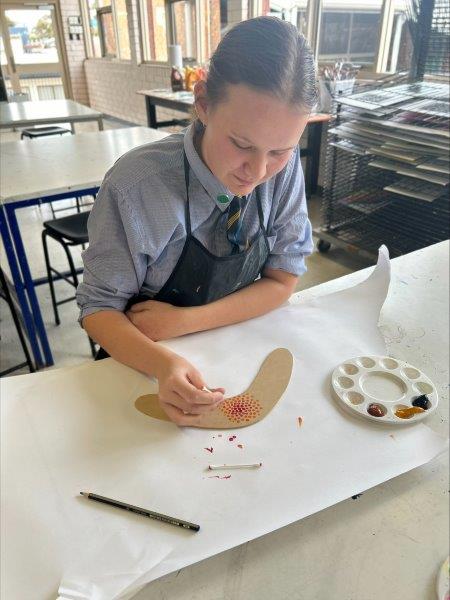
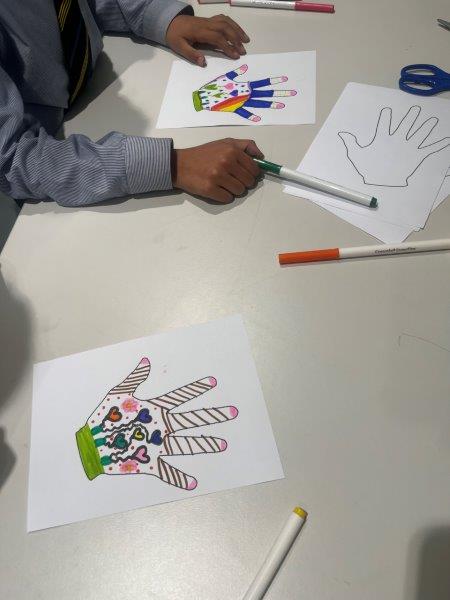
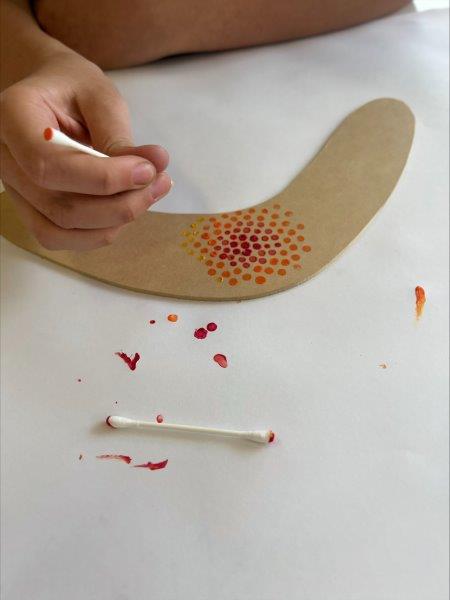
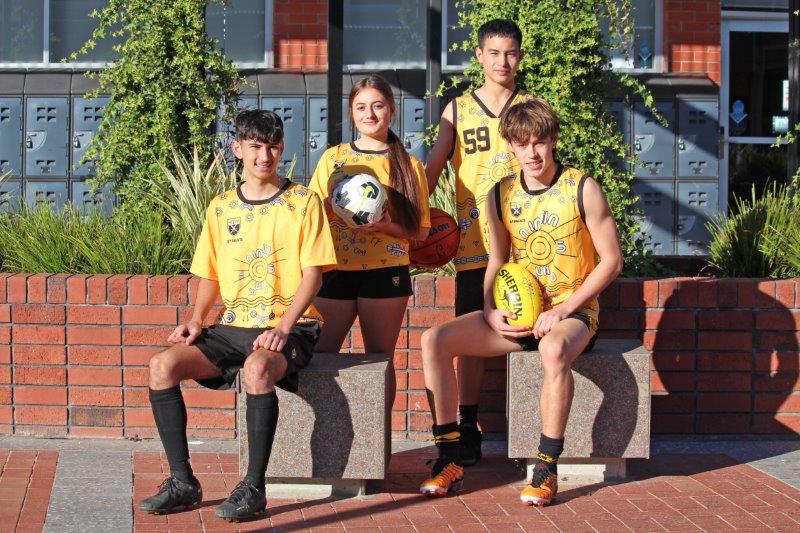
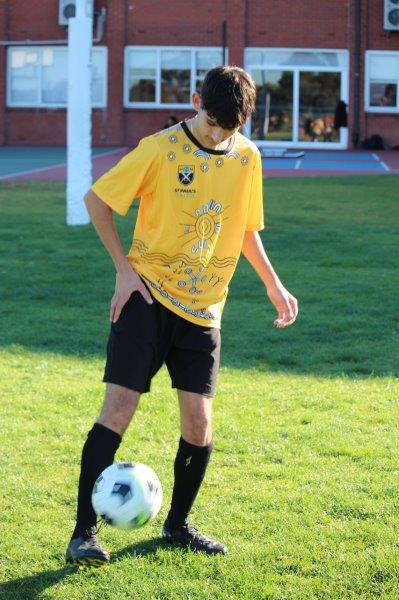
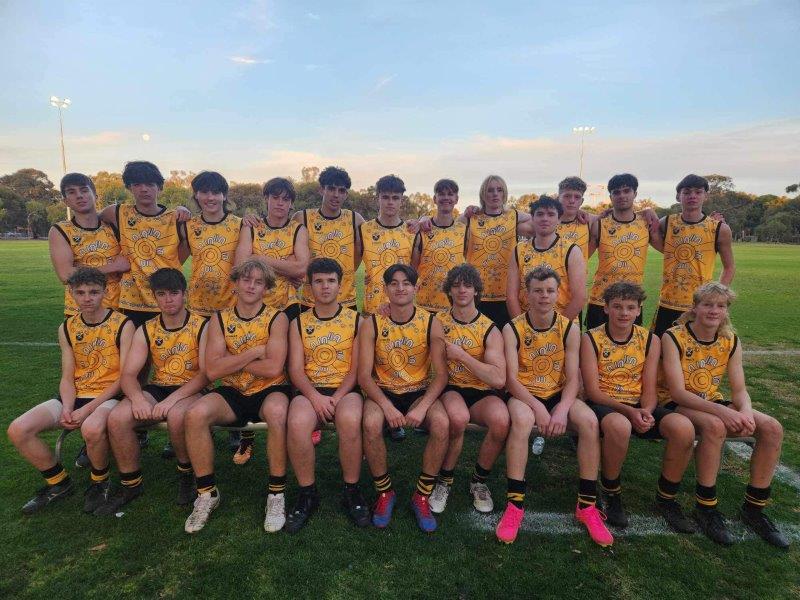
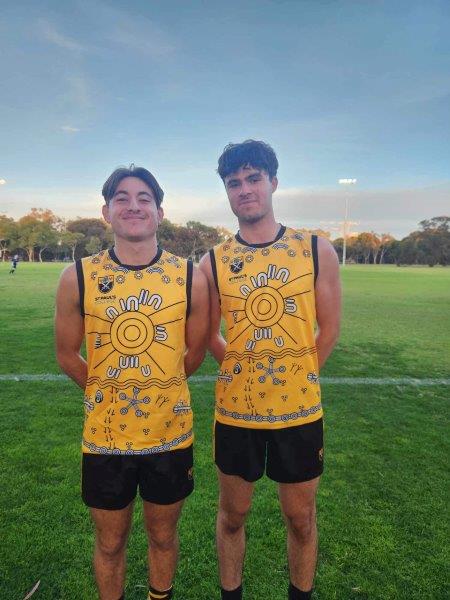
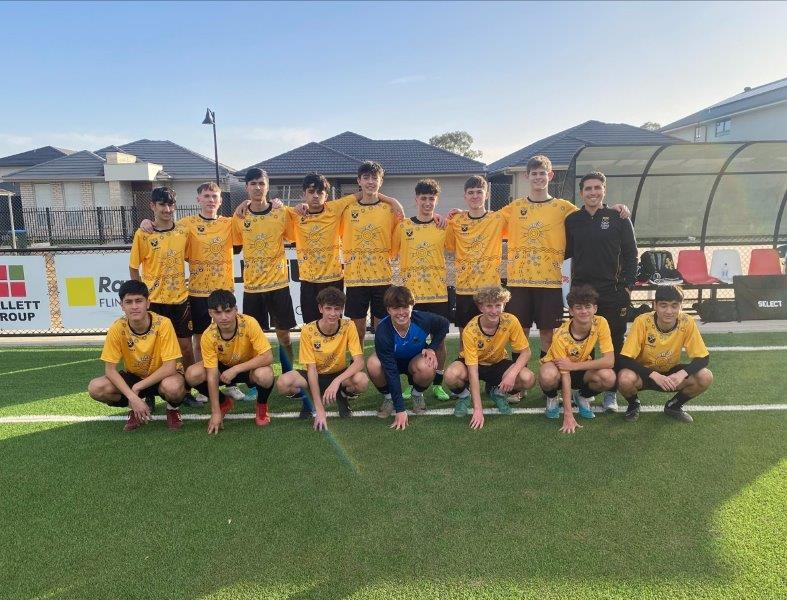
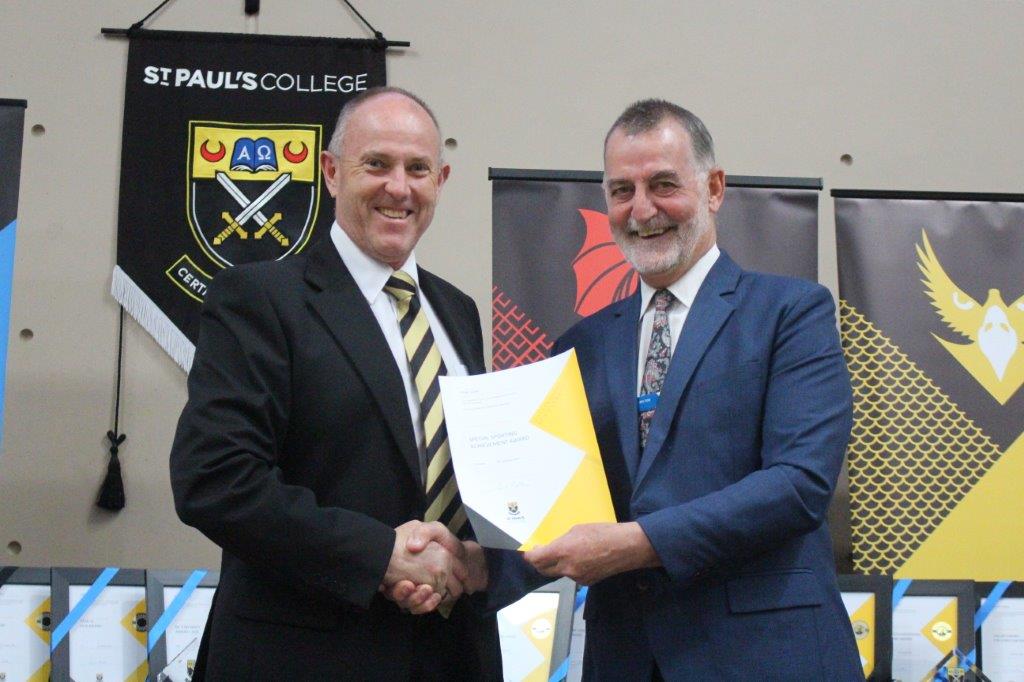

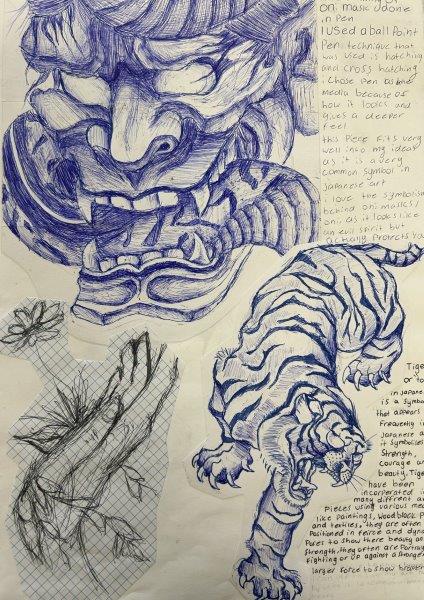

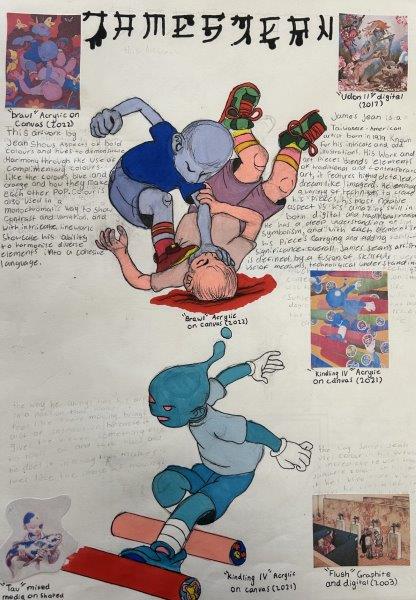
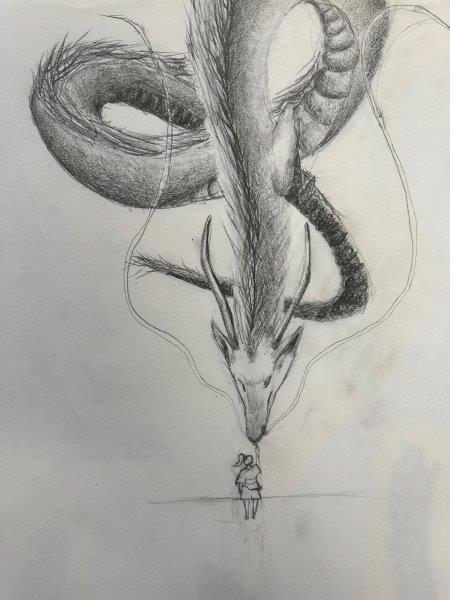
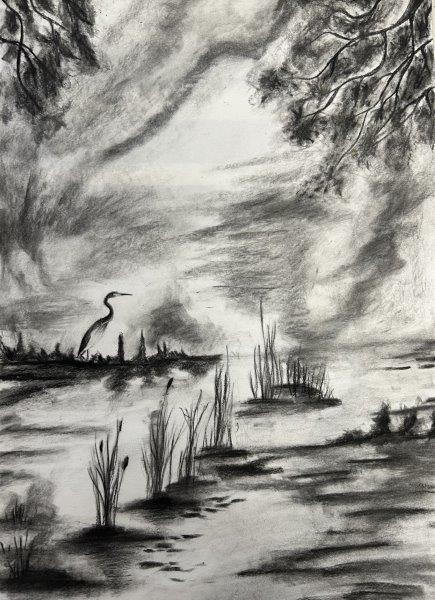
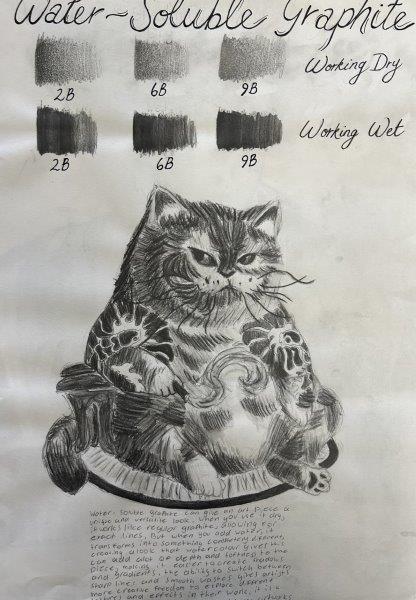


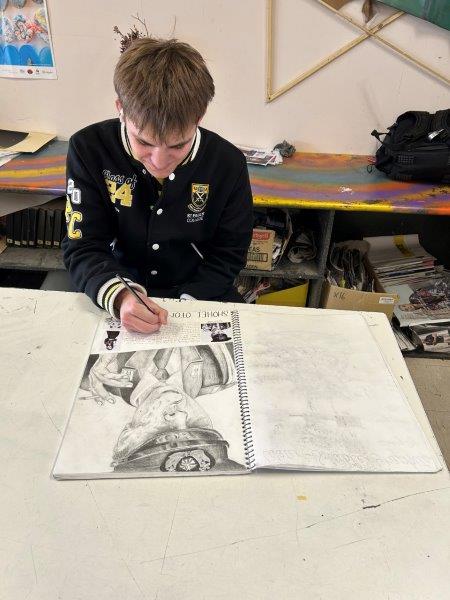


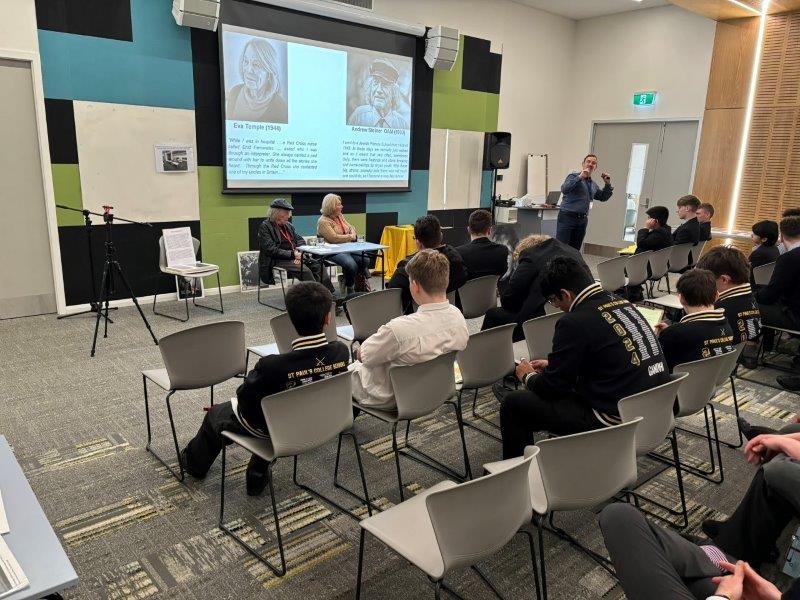

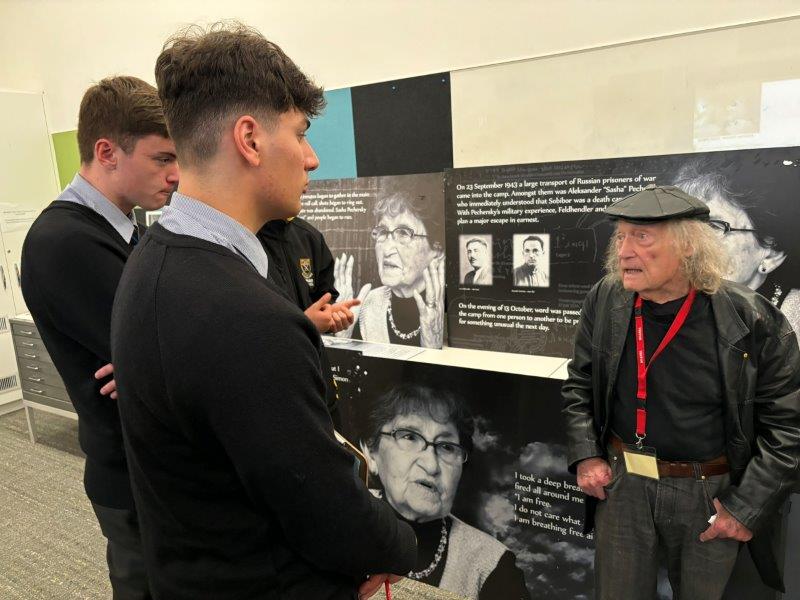

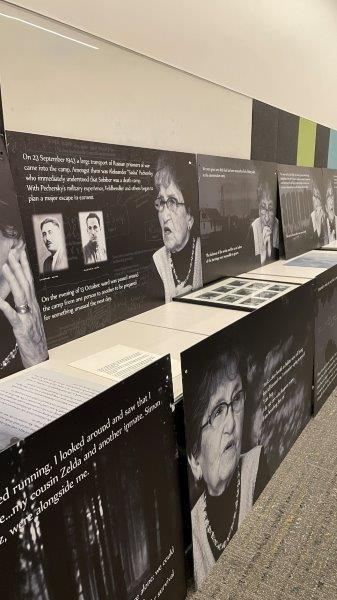
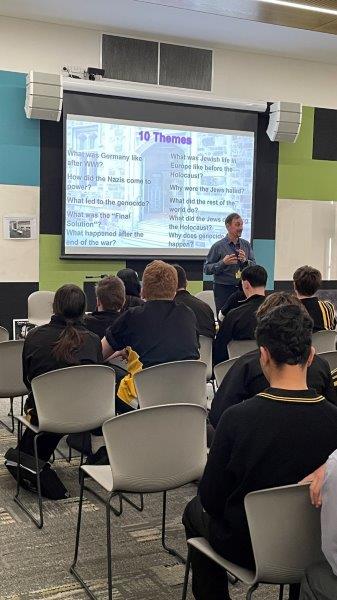
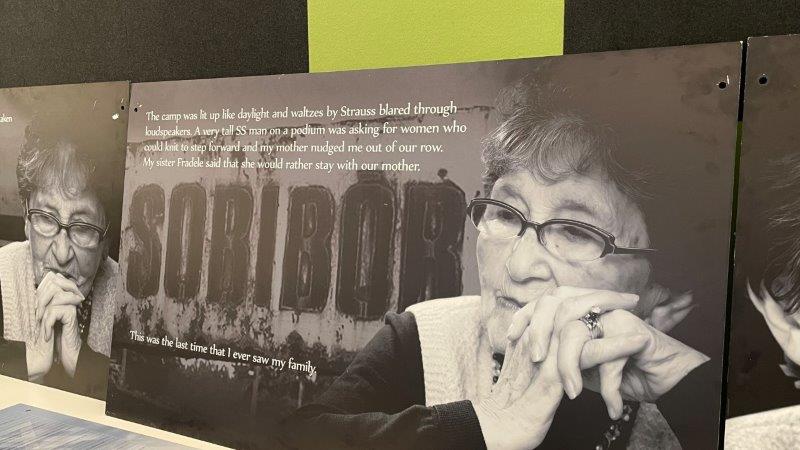
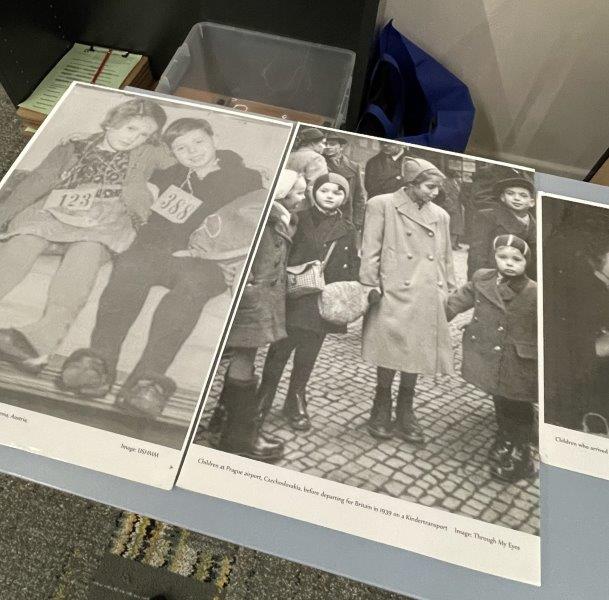
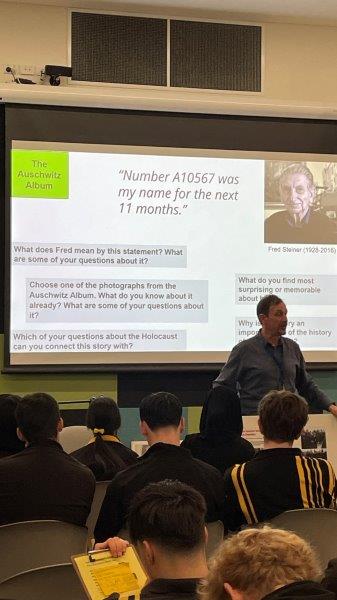
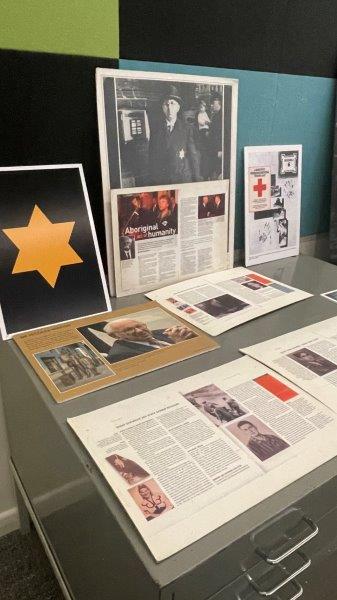
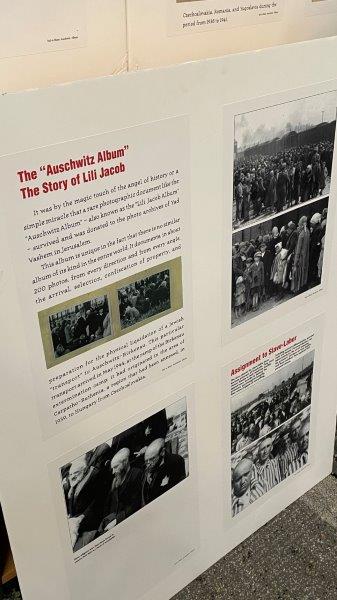
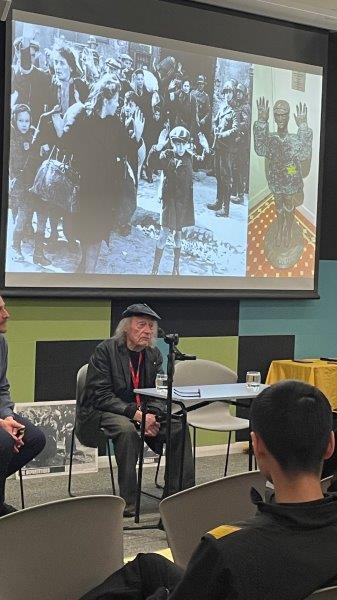
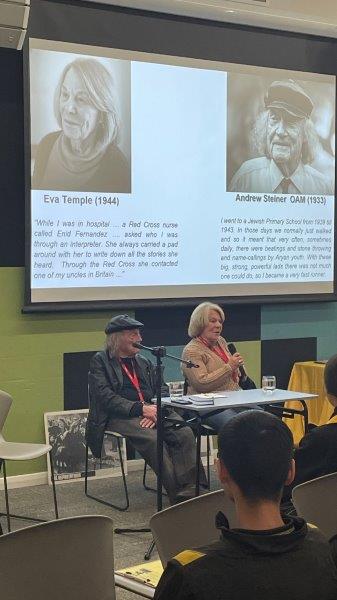
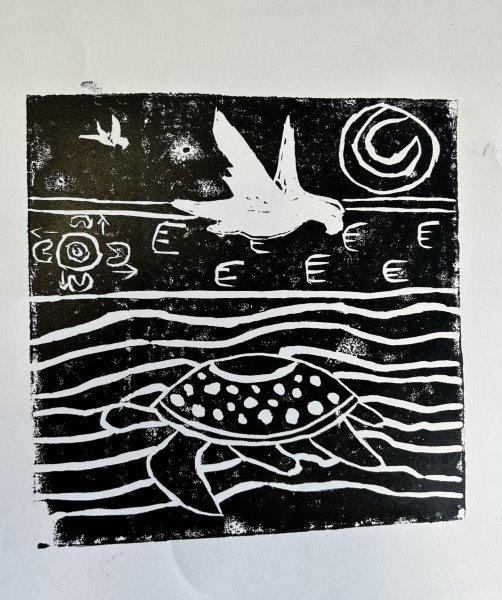
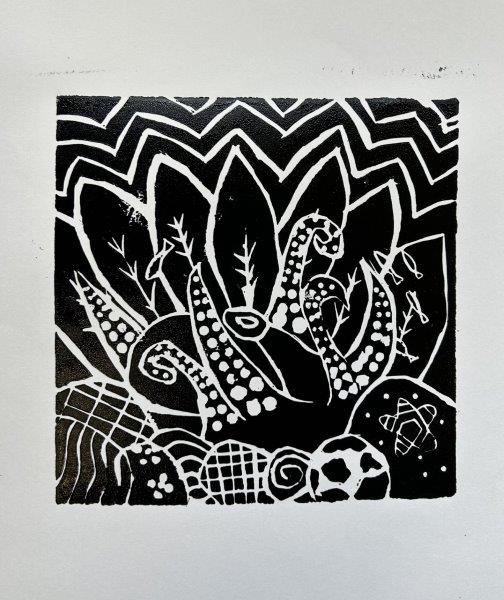
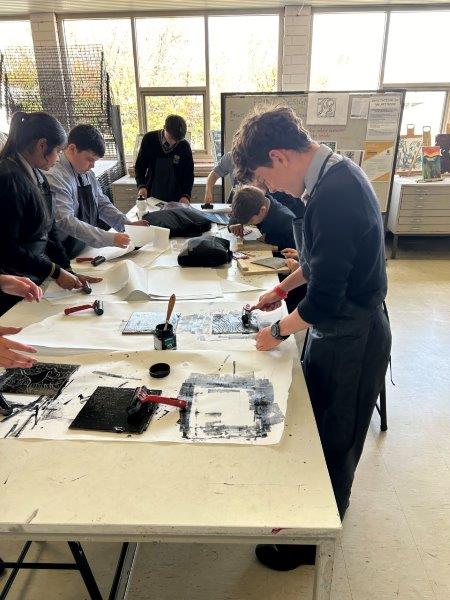
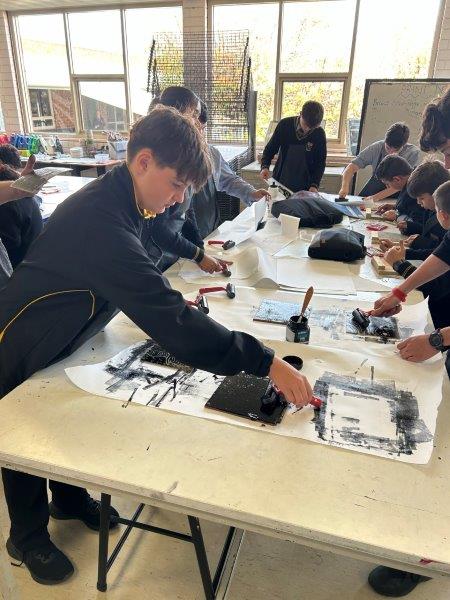
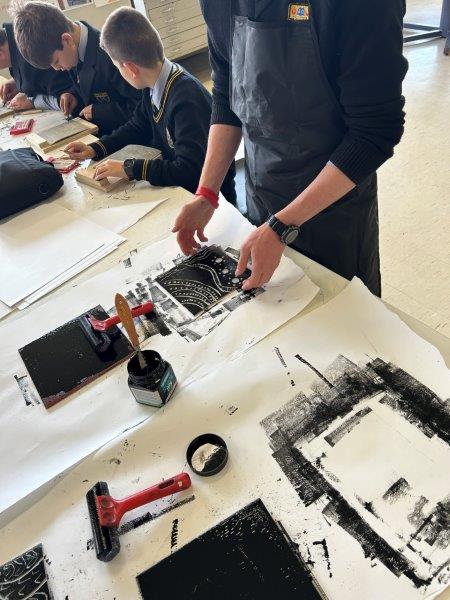
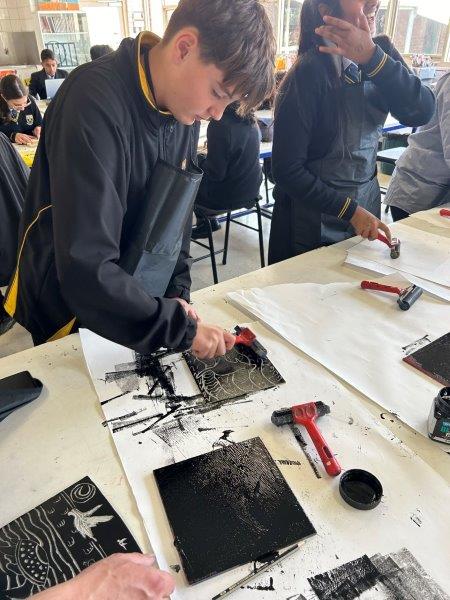
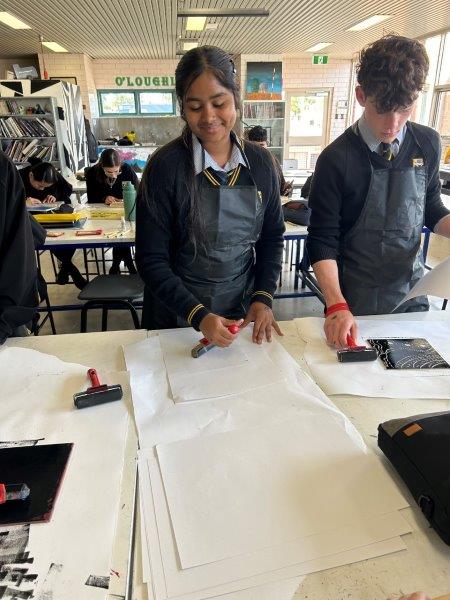
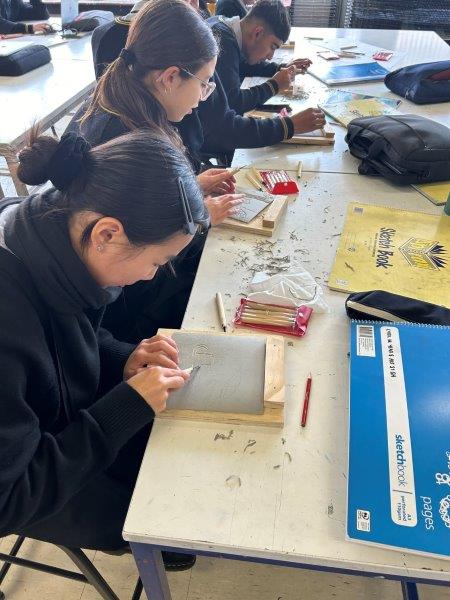
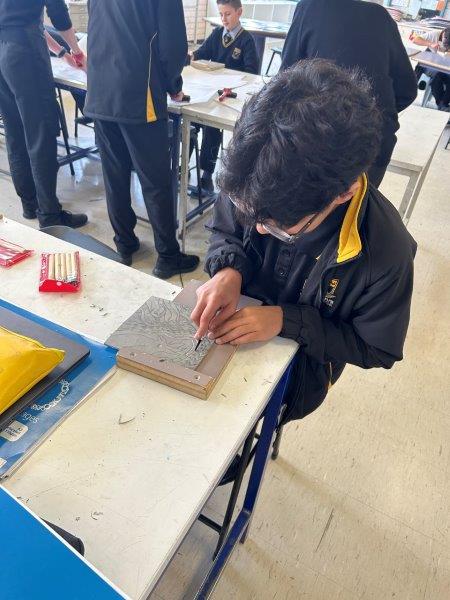
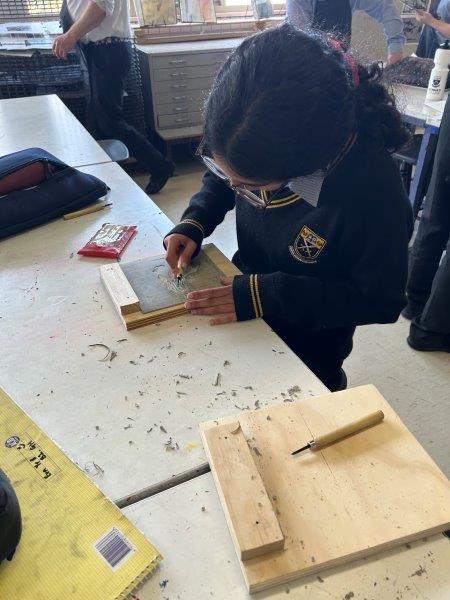
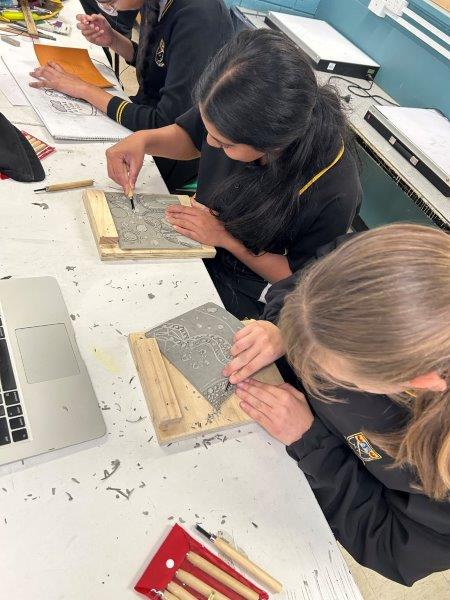
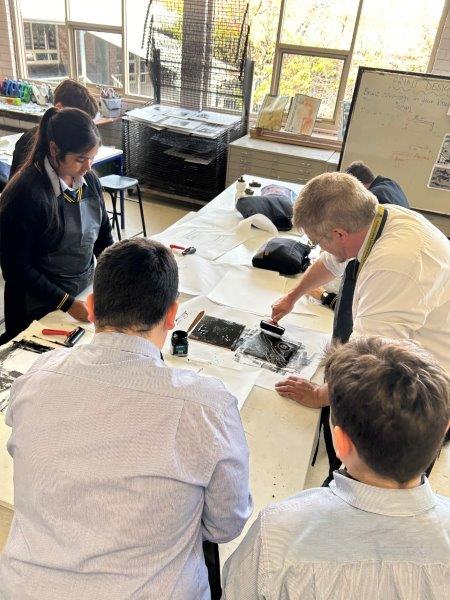
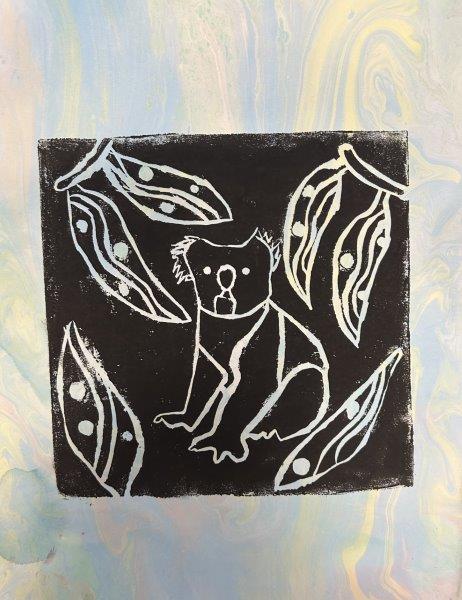
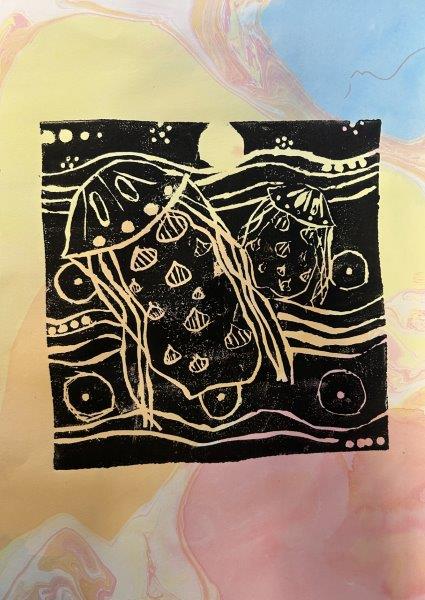
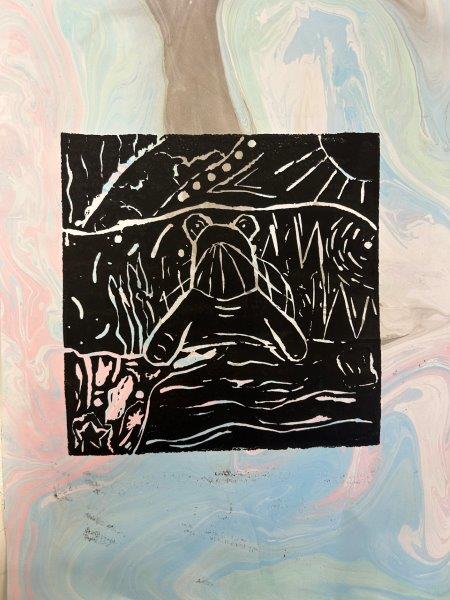
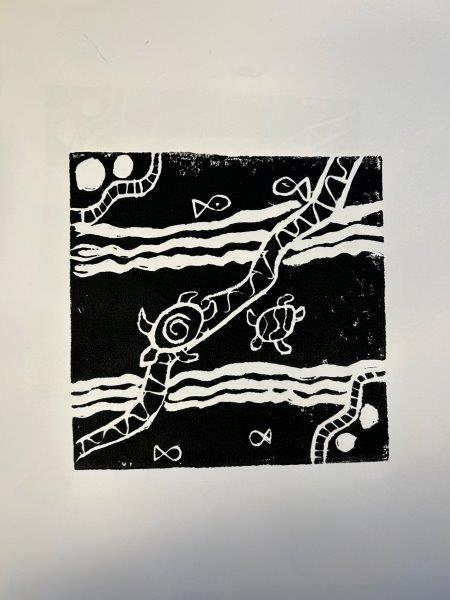
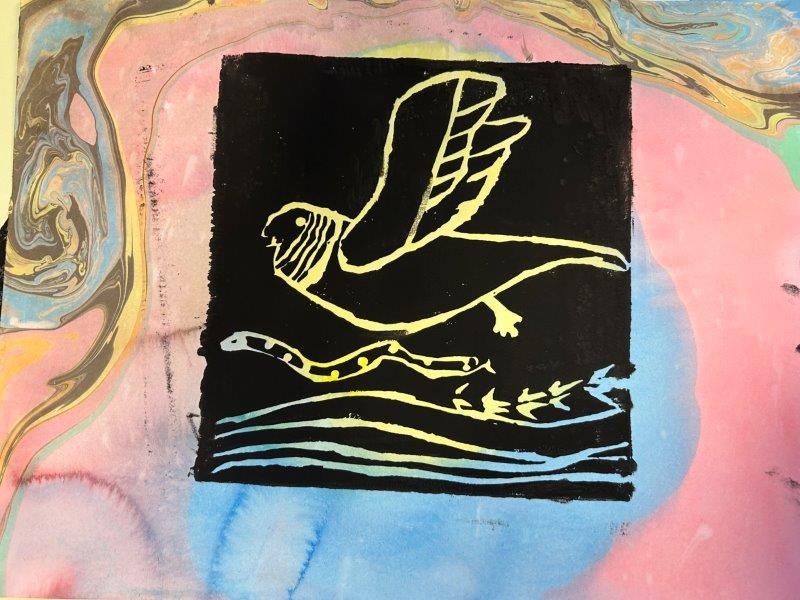
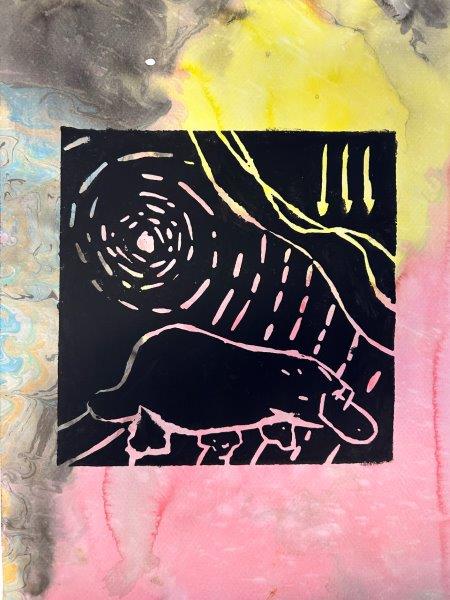
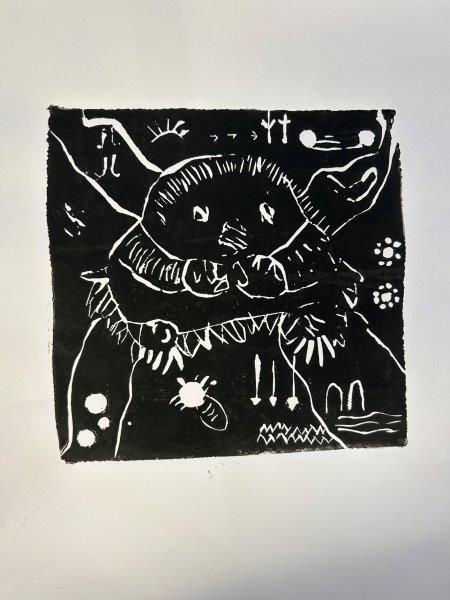
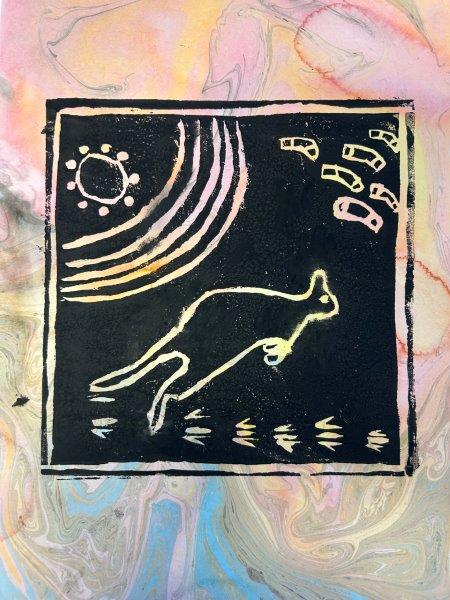
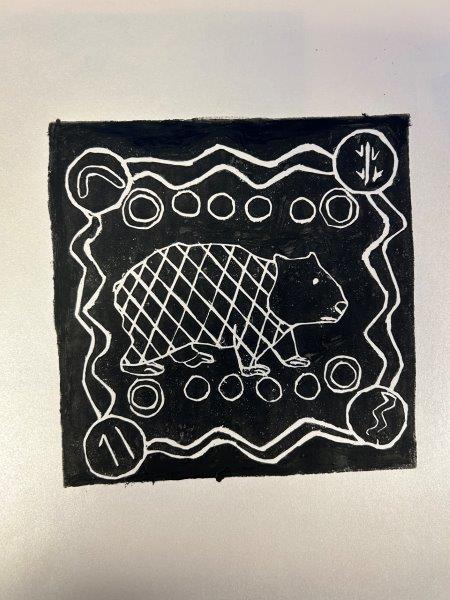

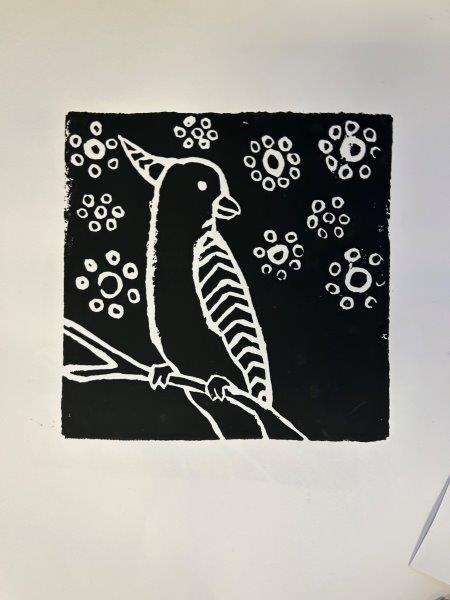

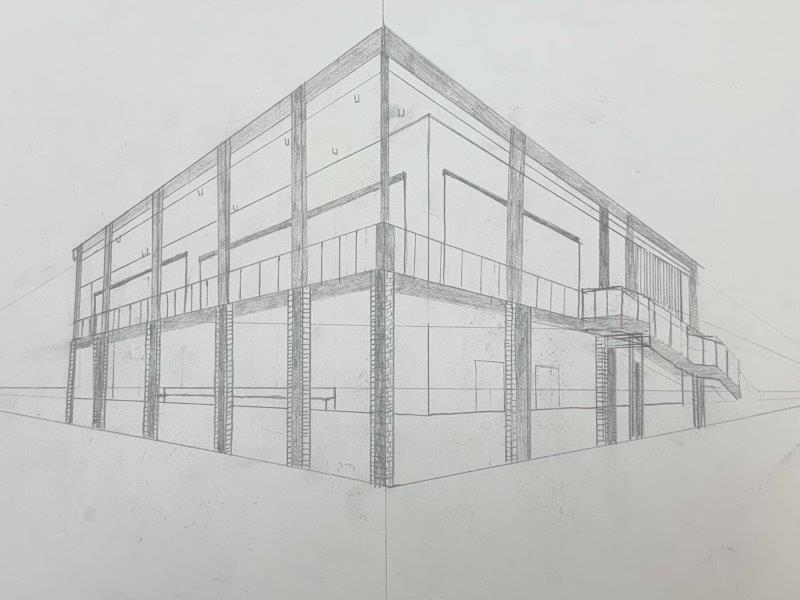
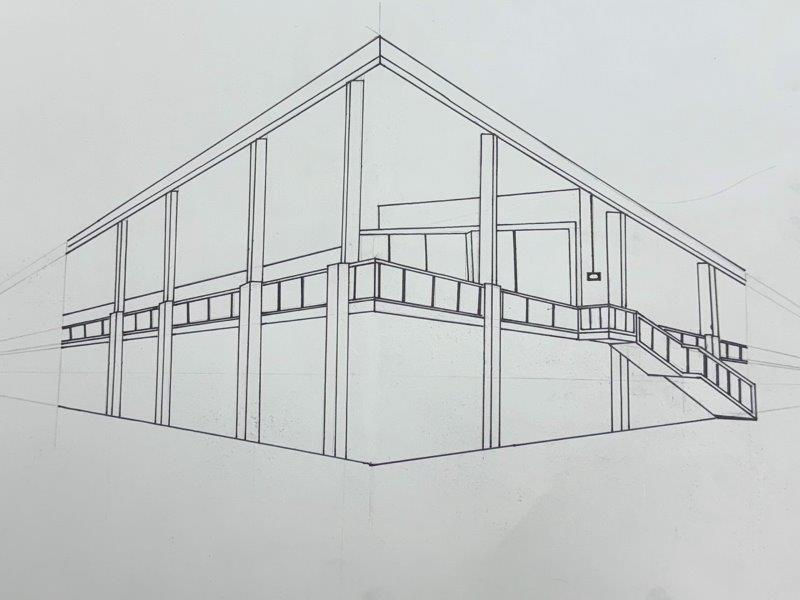
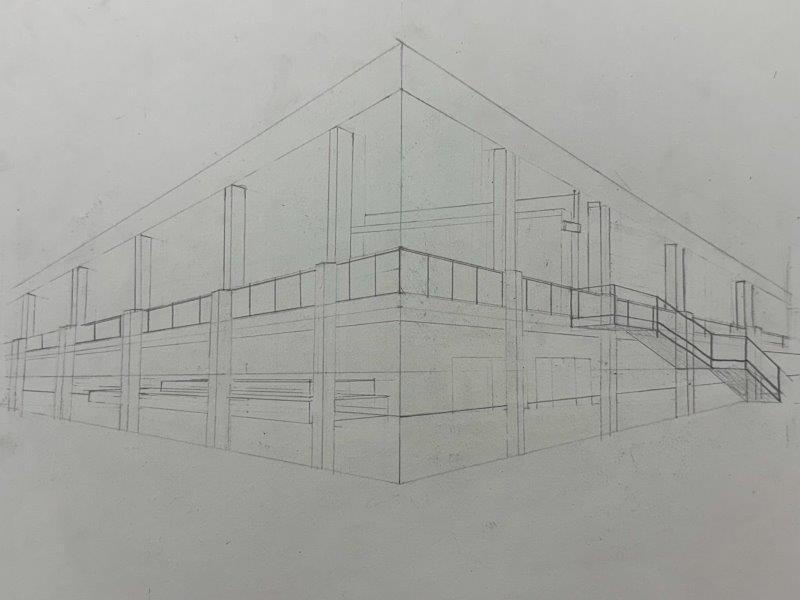

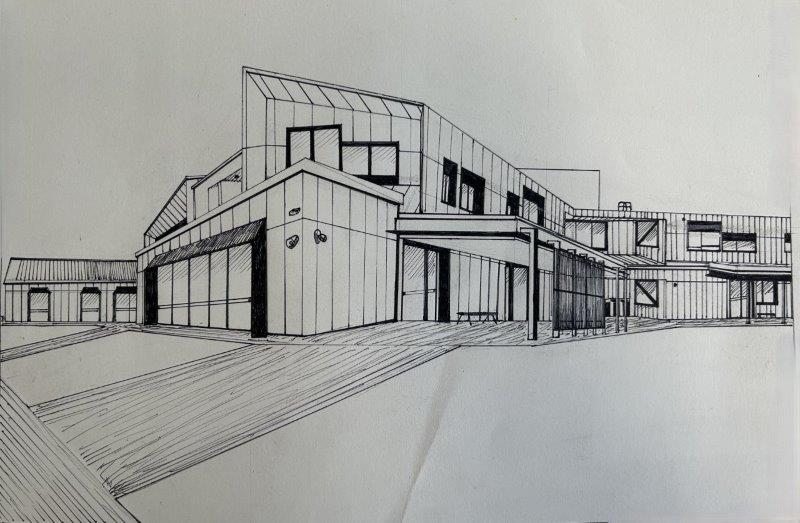
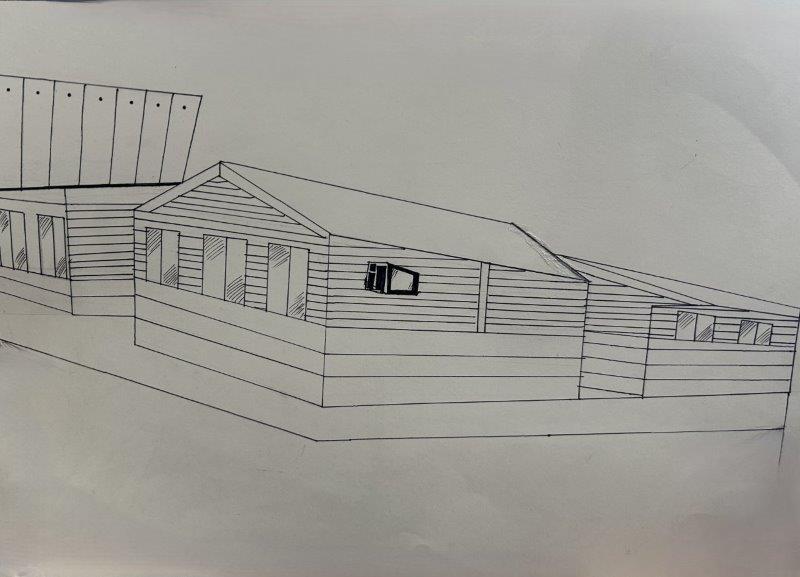
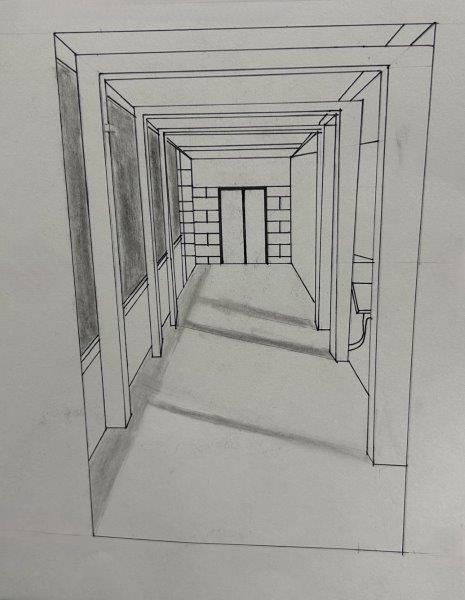

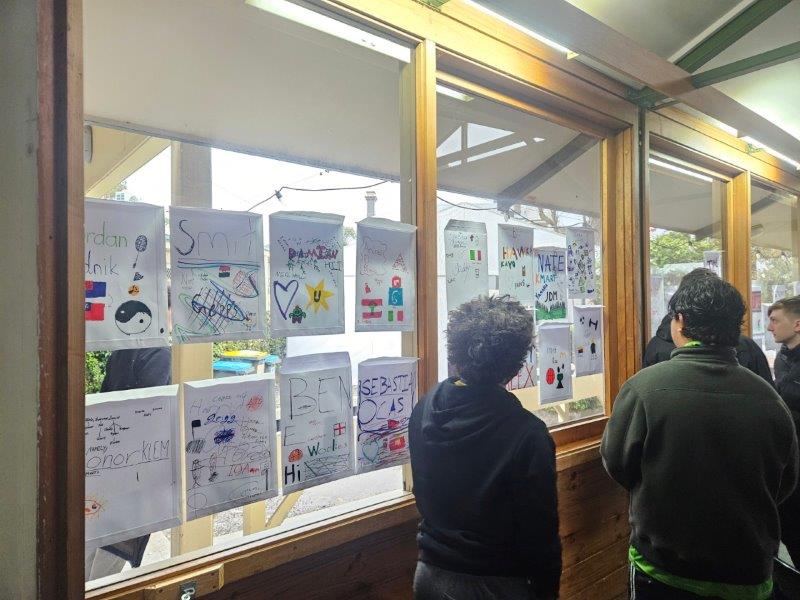


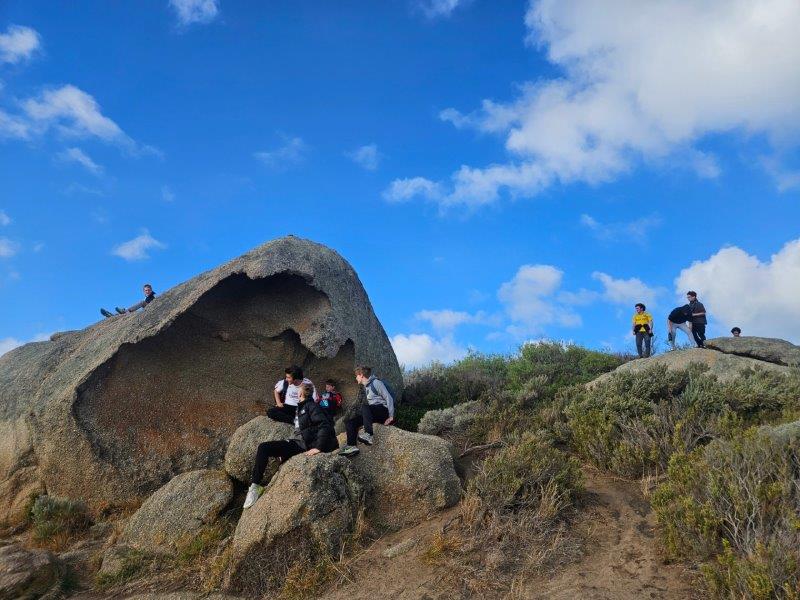





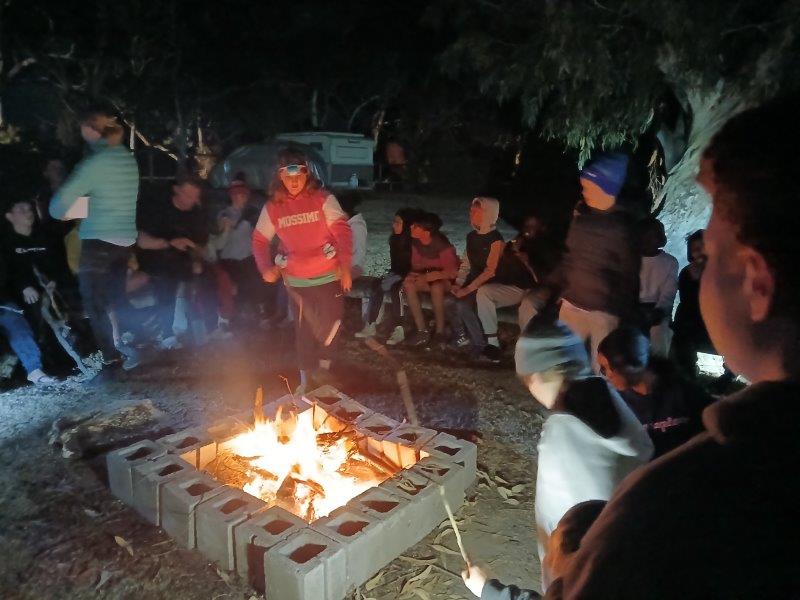
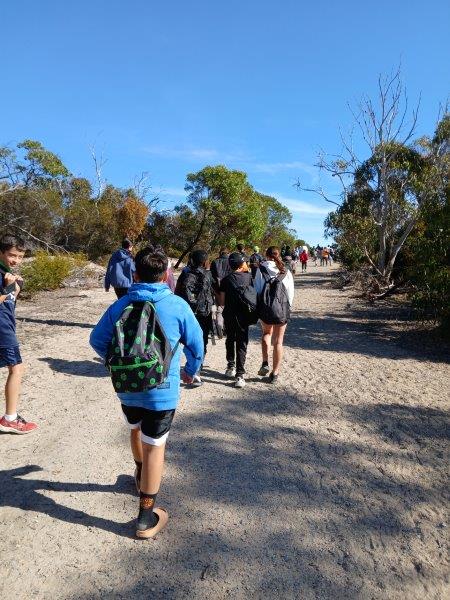
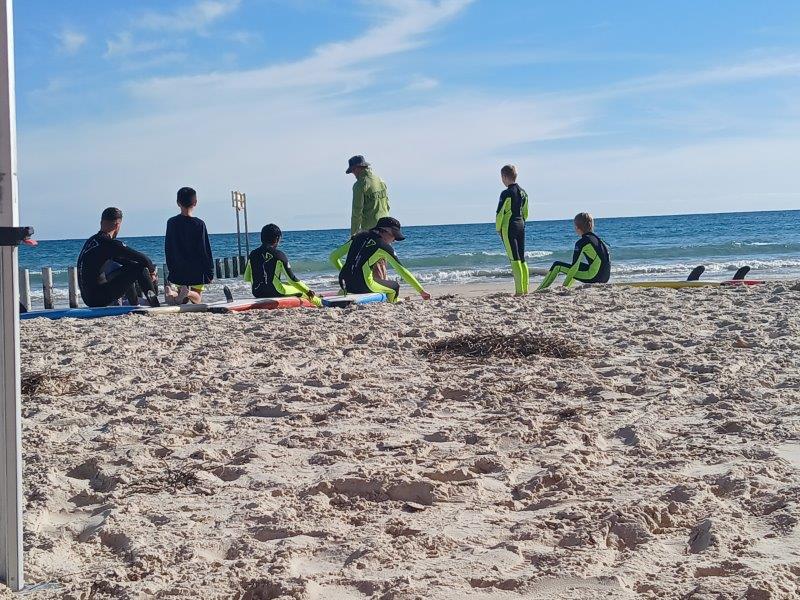
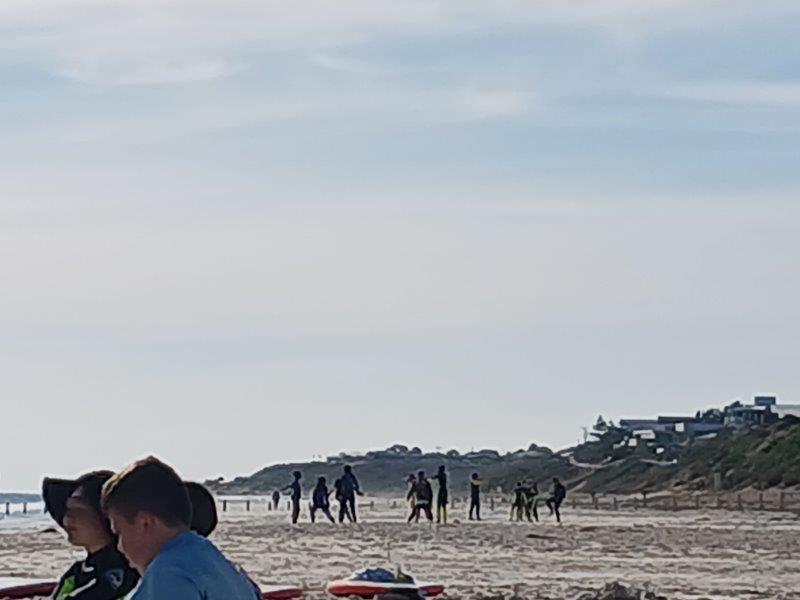
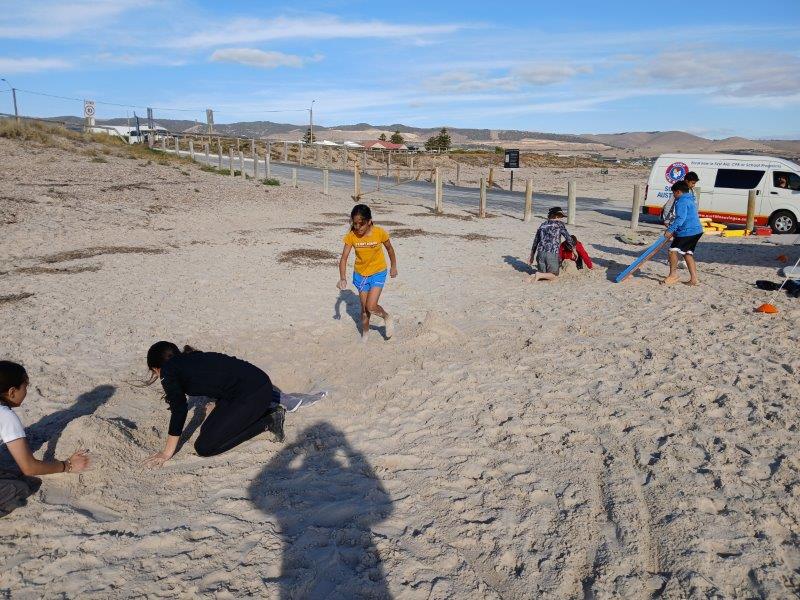
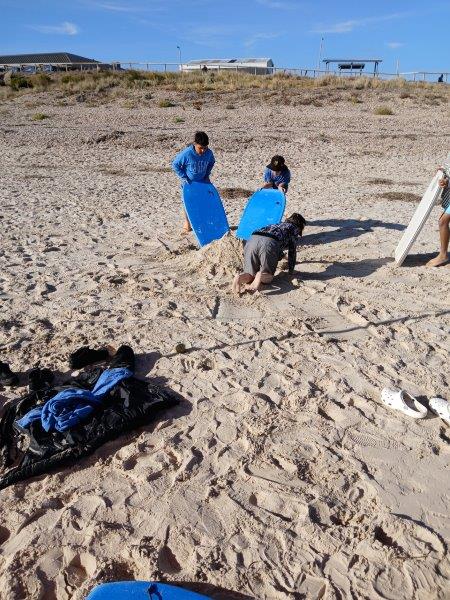
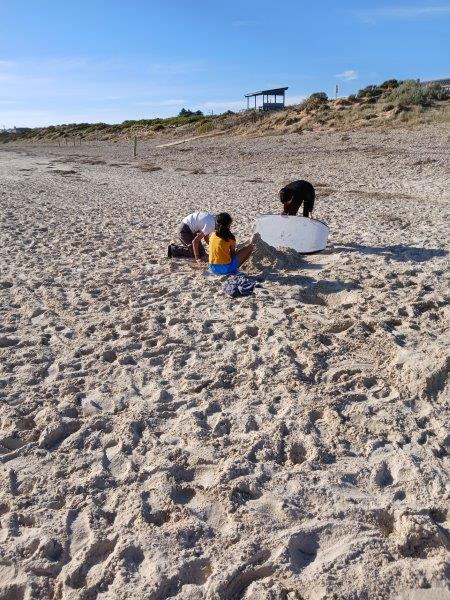
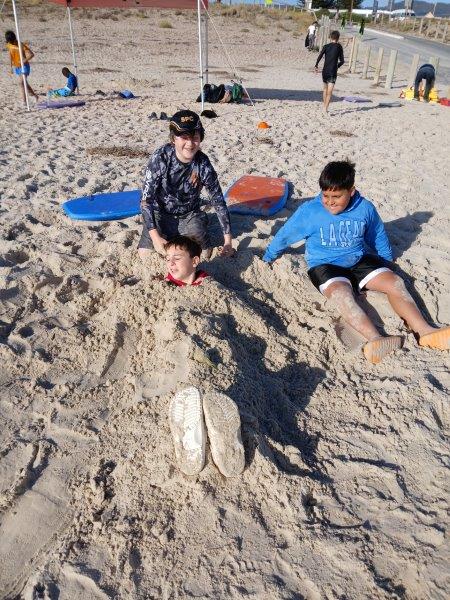
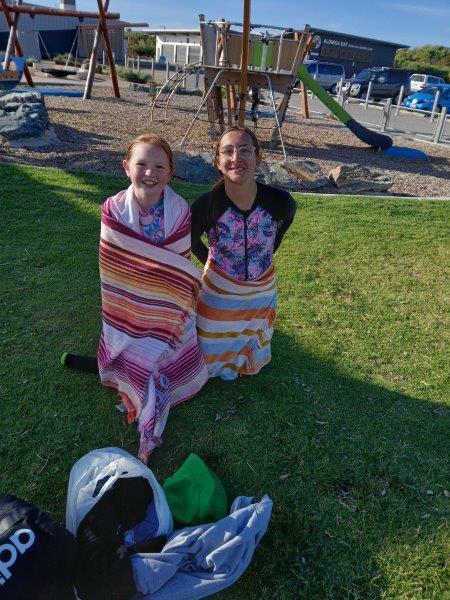
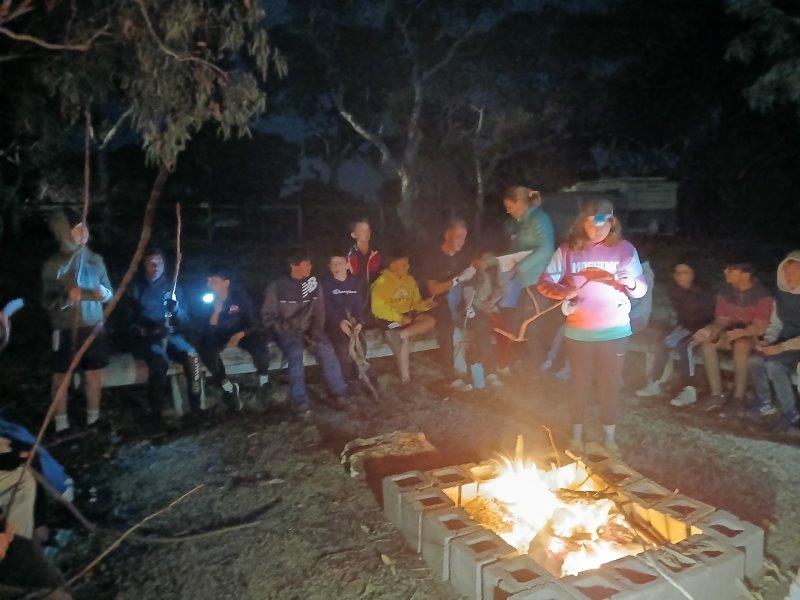
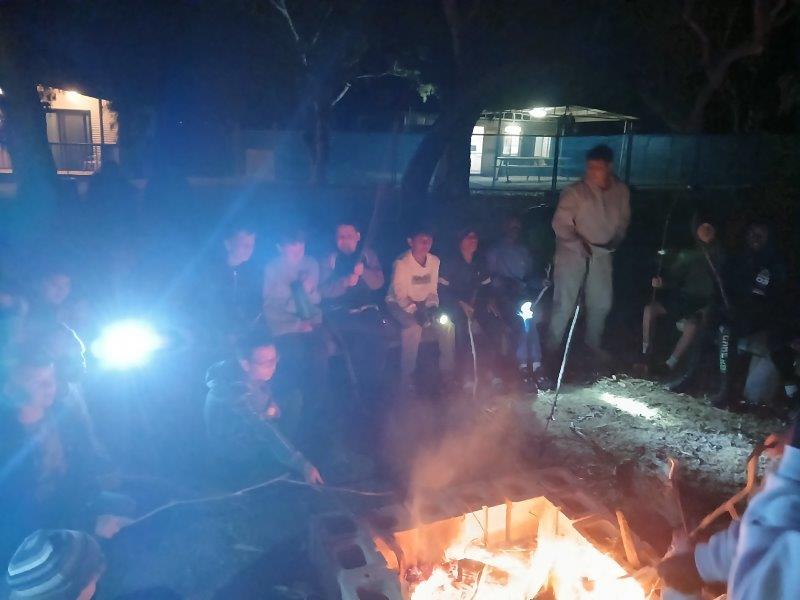
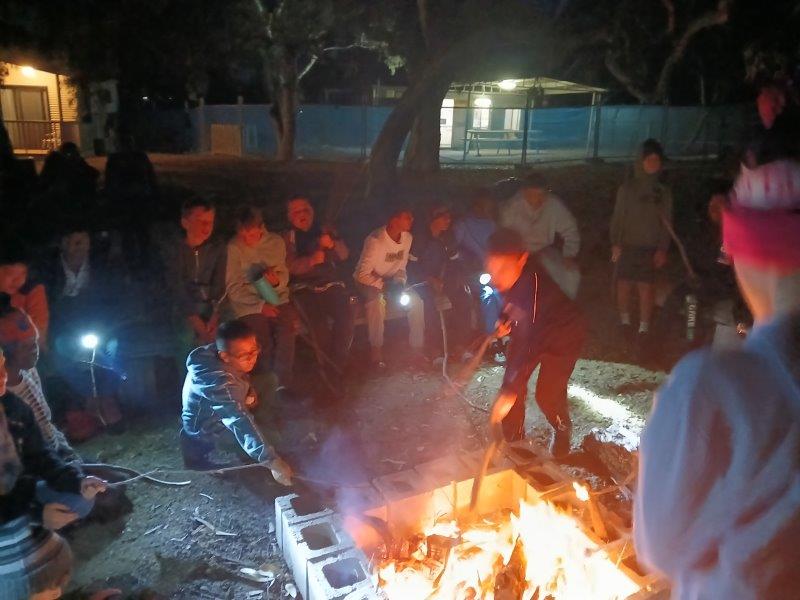
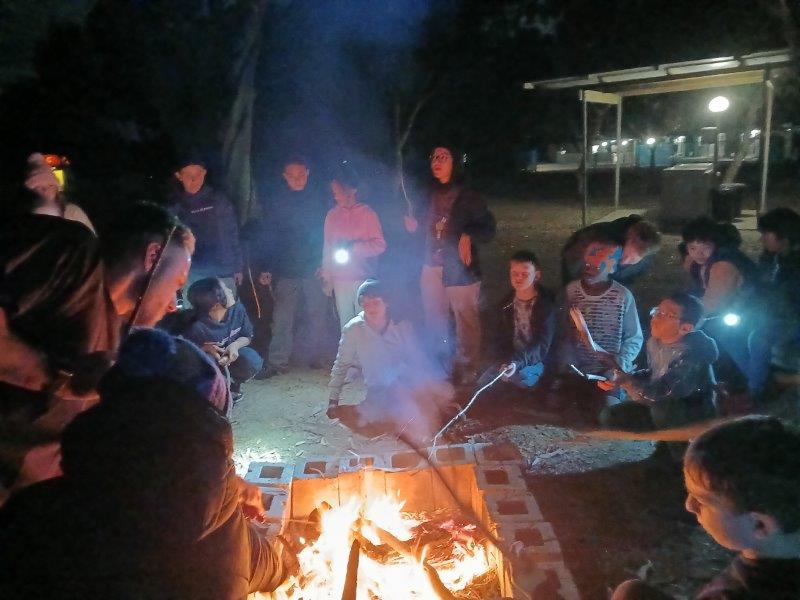
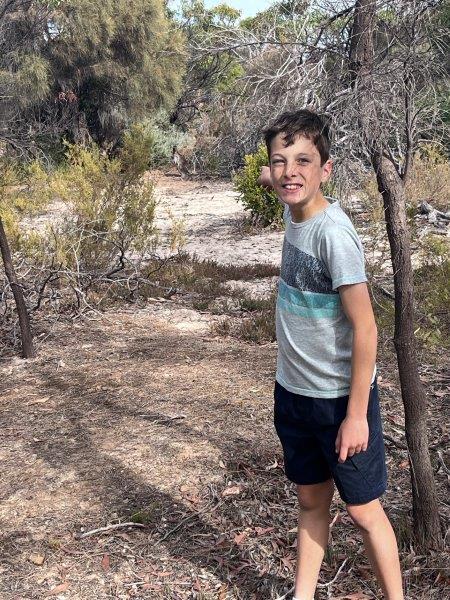
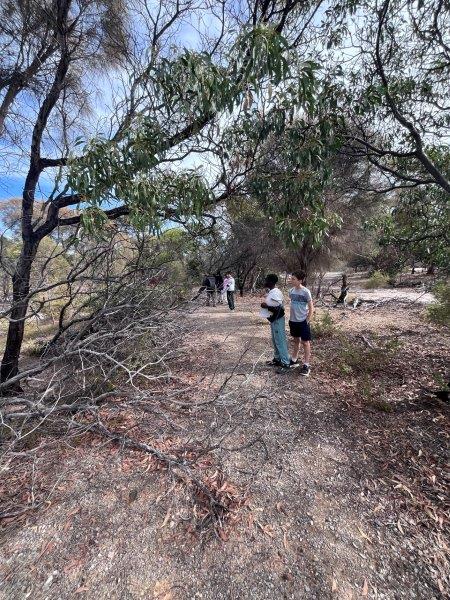
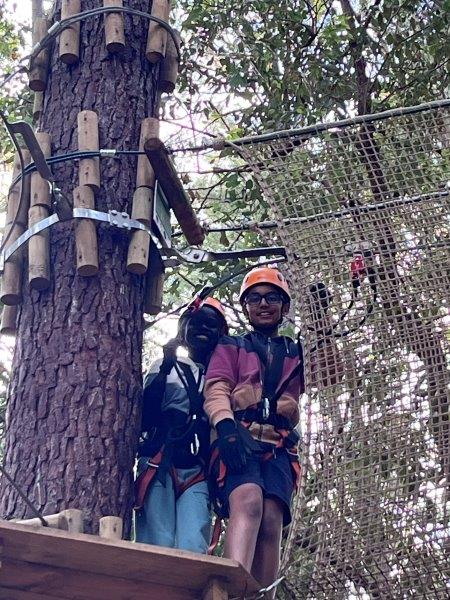
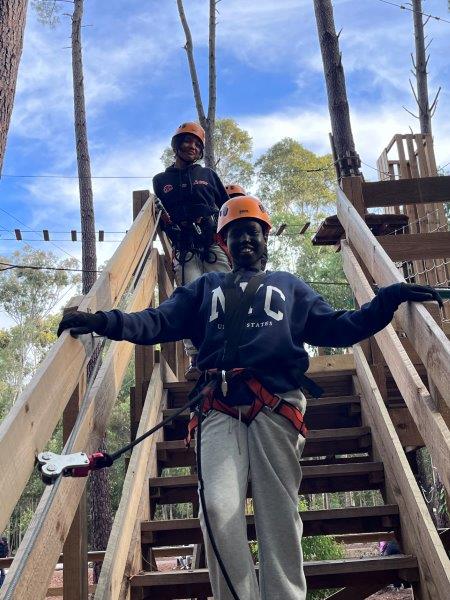
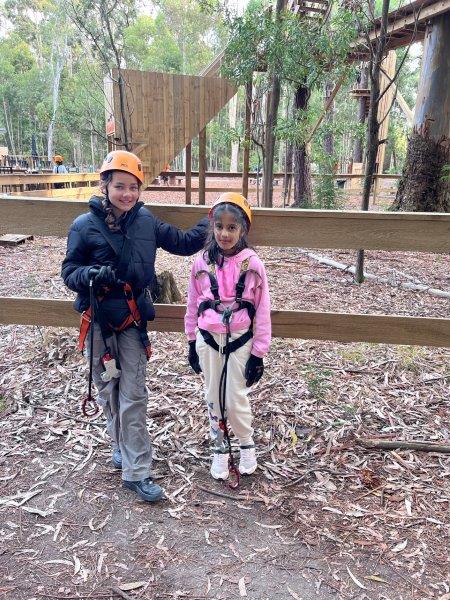

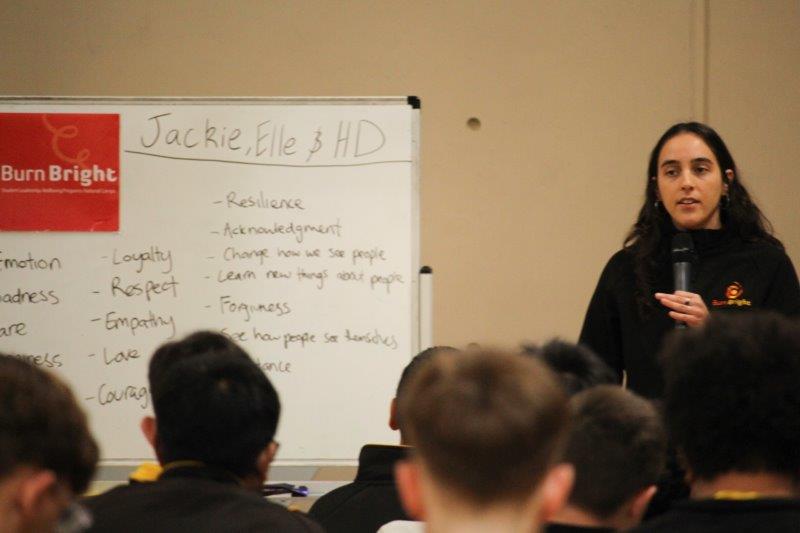
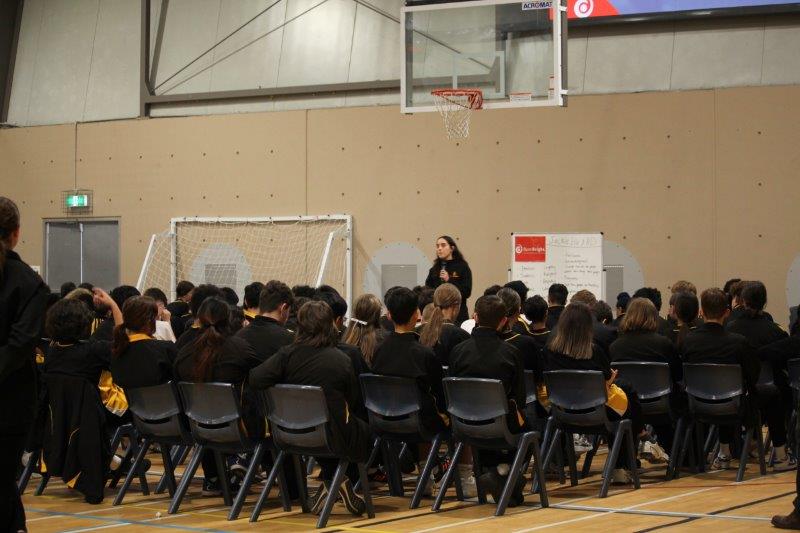
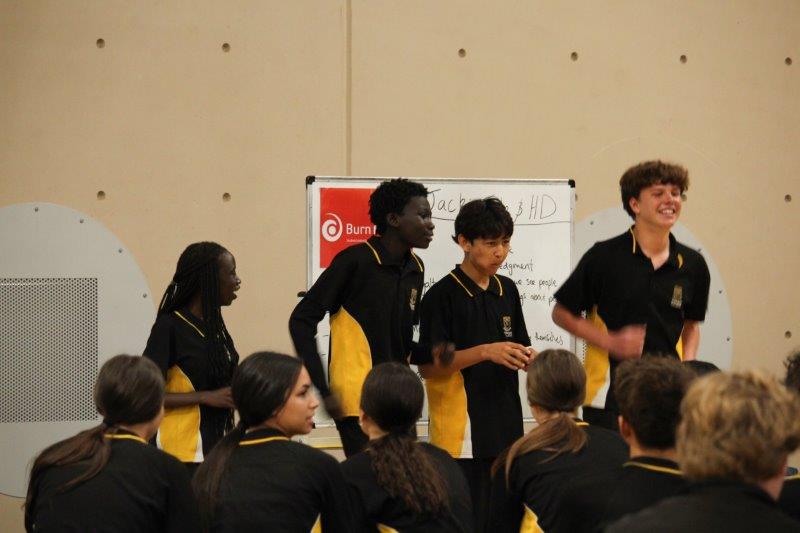
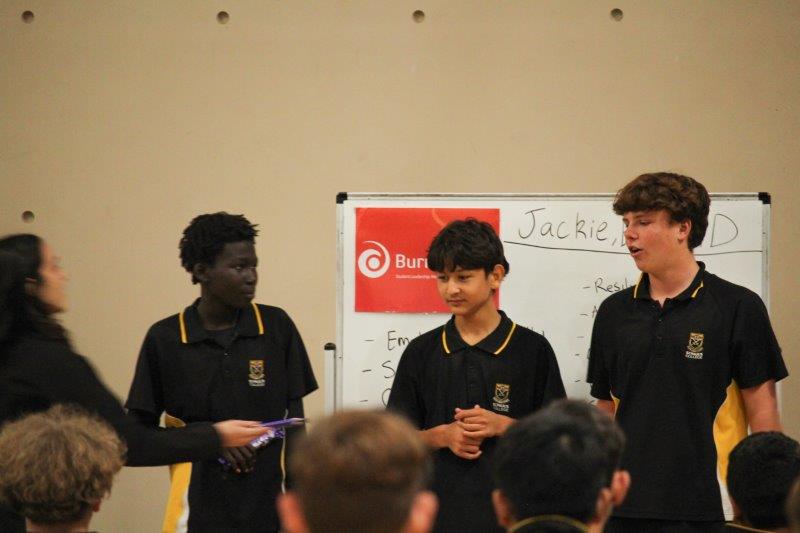
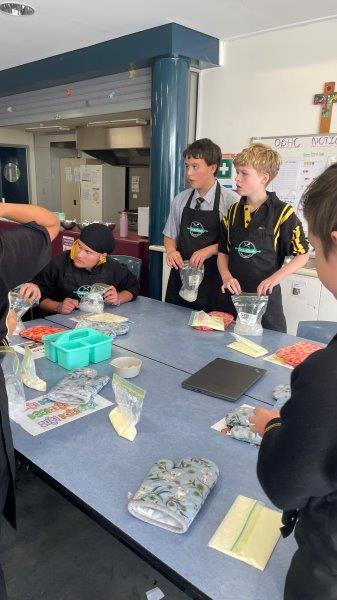
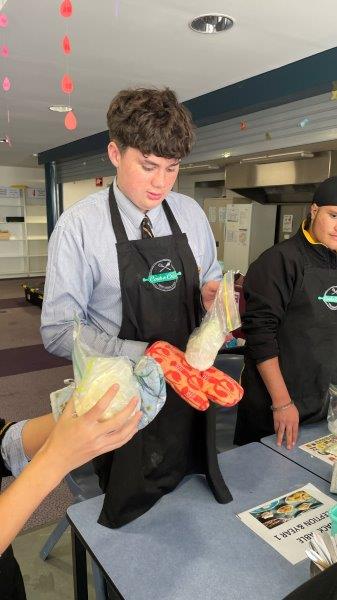
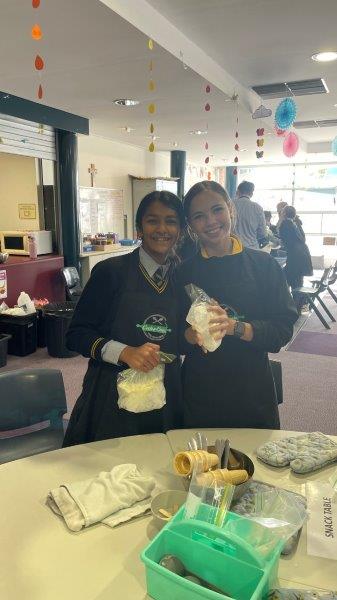
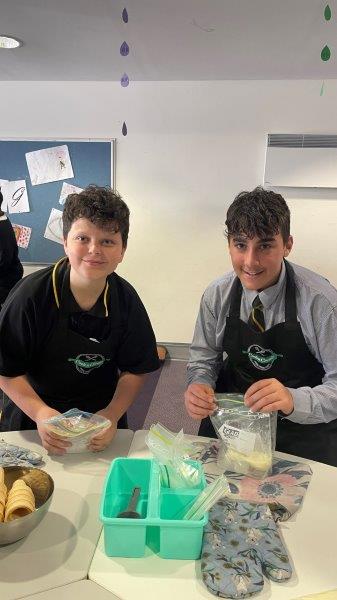
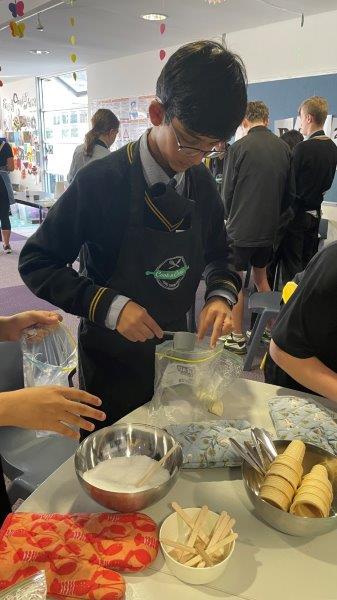
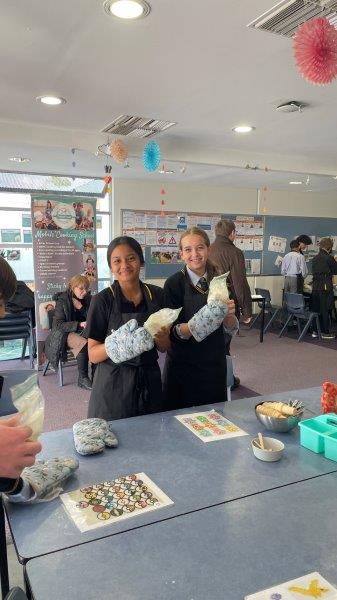
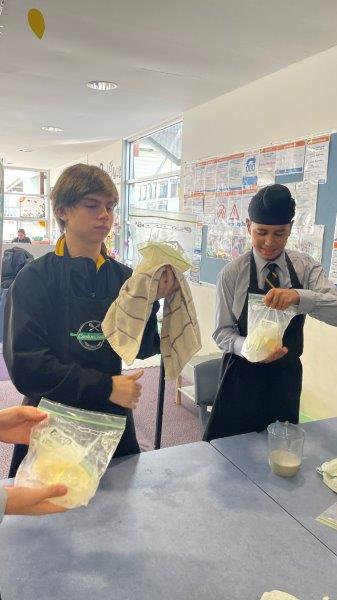
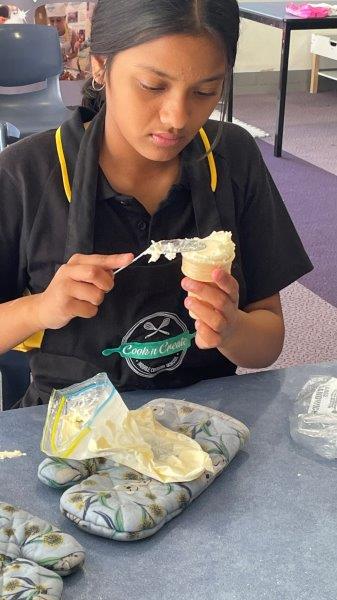
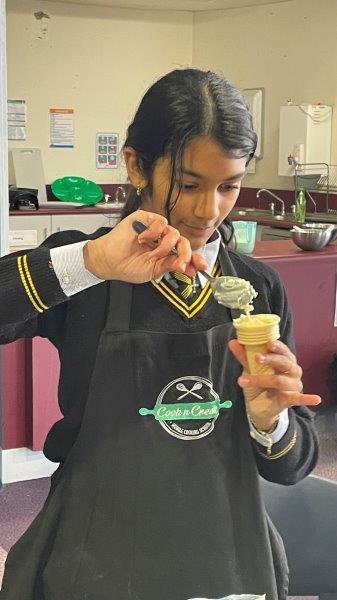
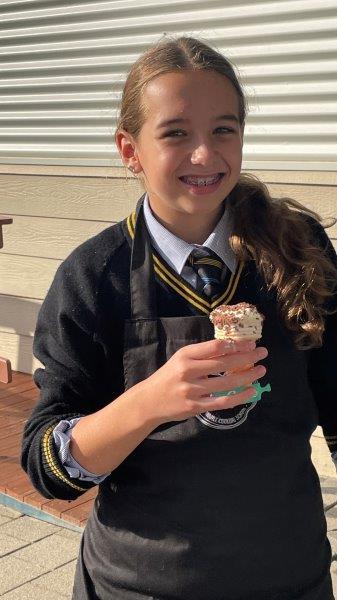

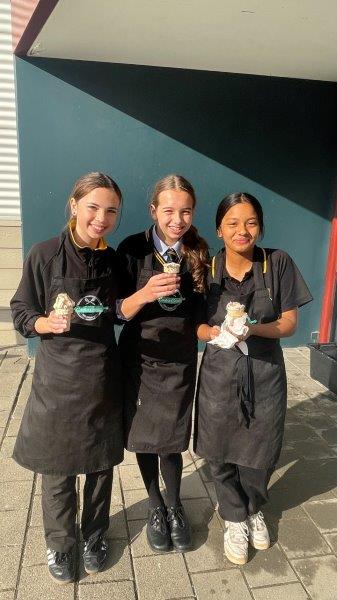








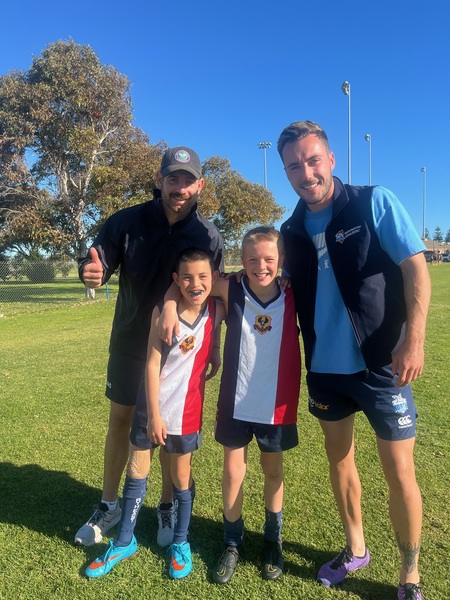
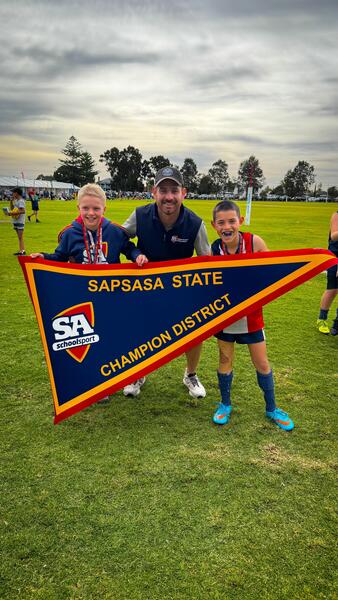
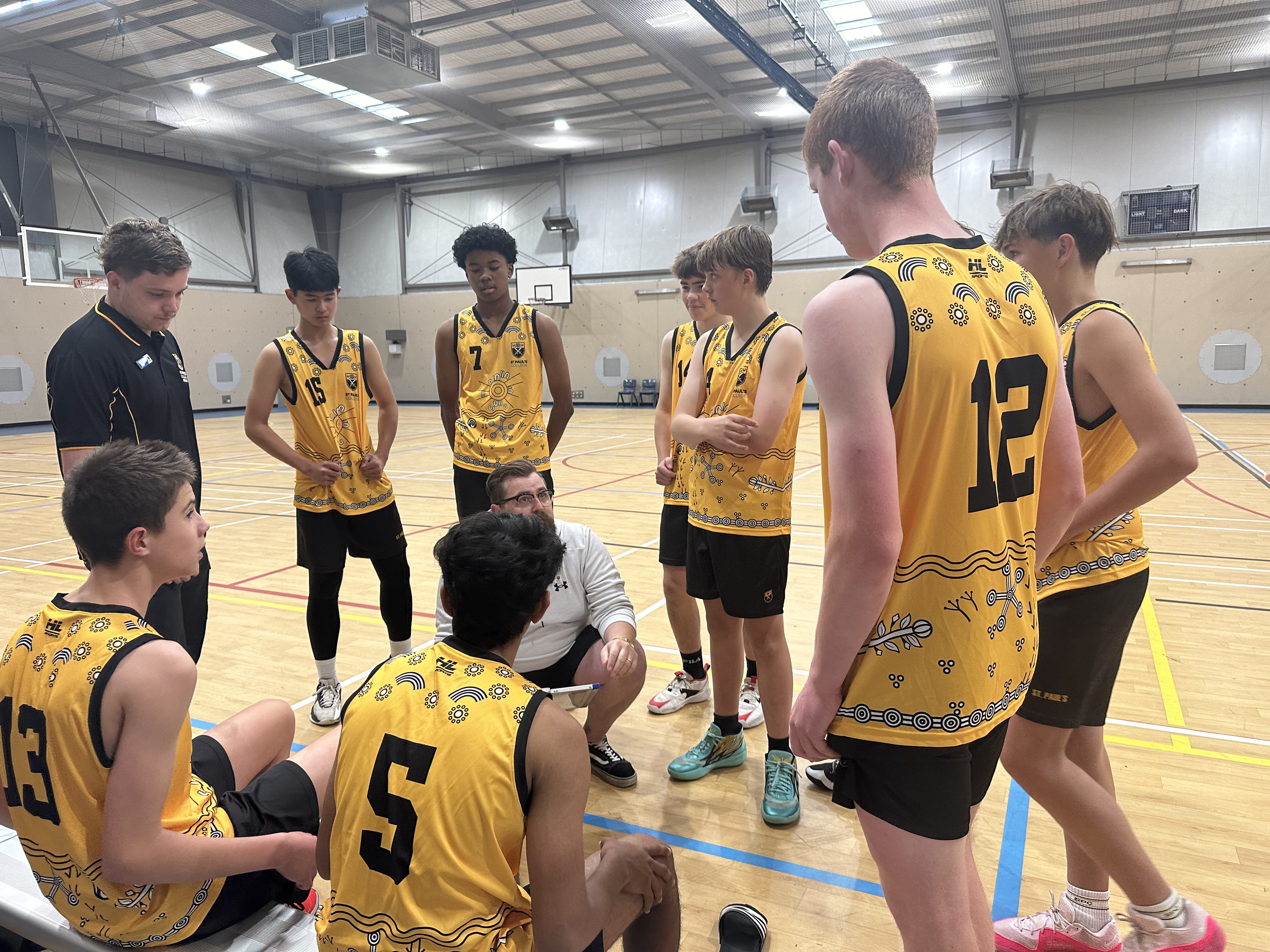
 The debate season has started again, and the teams are doing an amazing job!
The debate season has started again, and the teams are doing an amazing job!